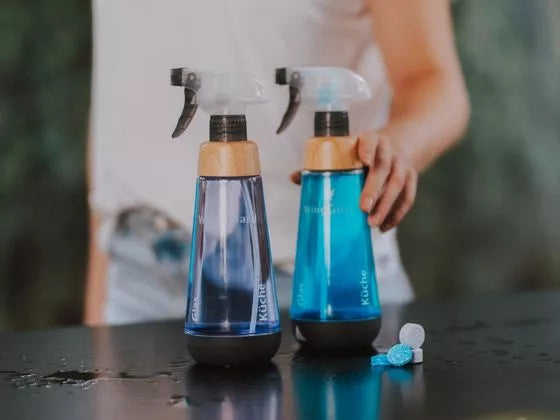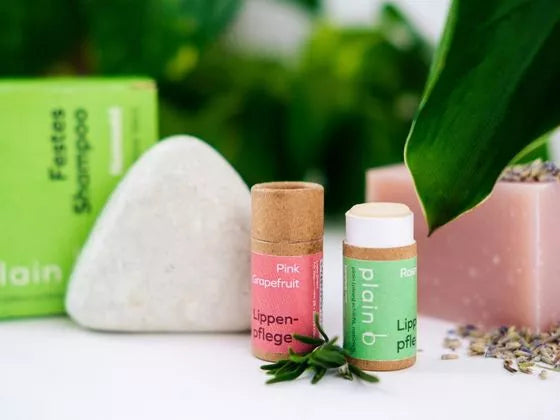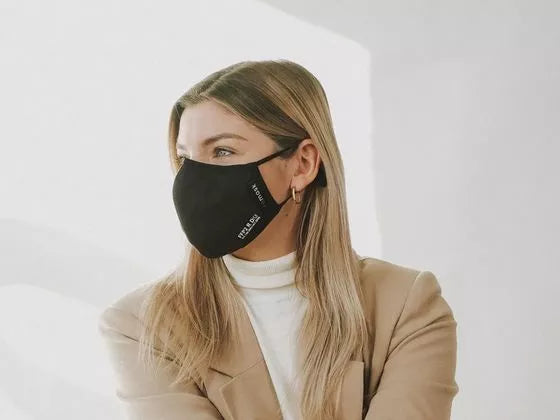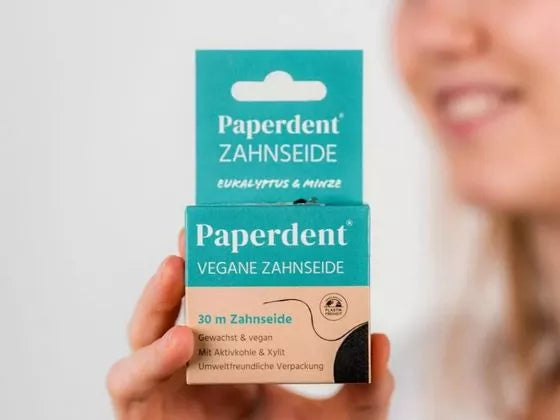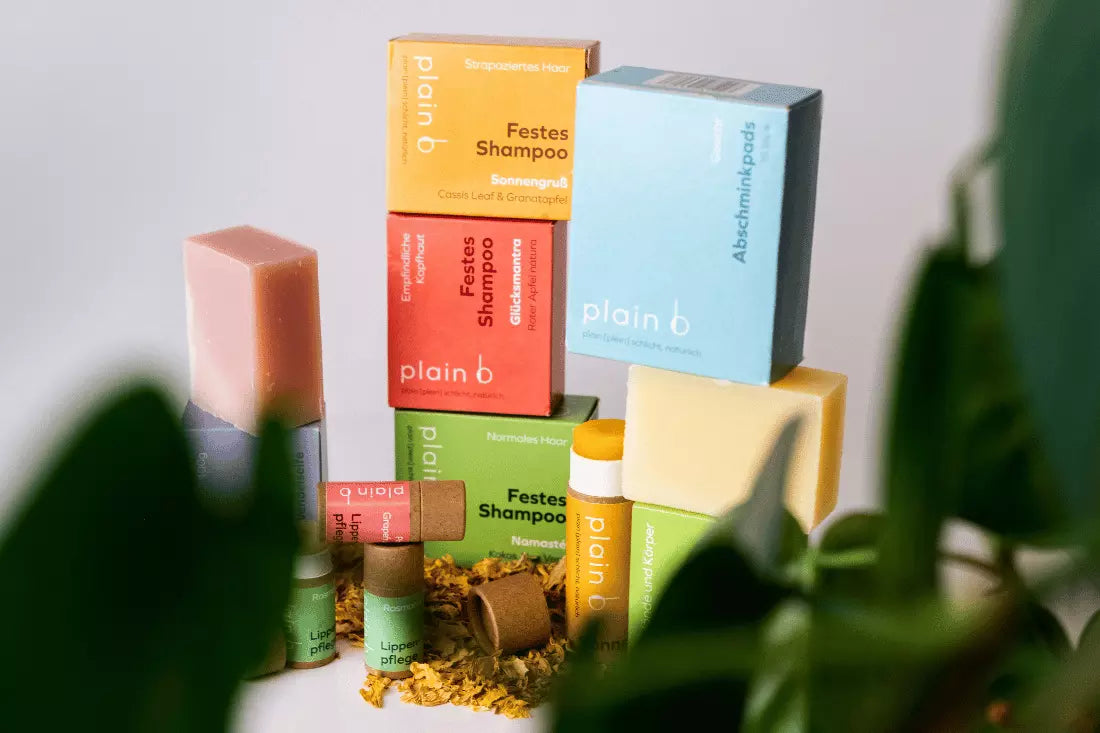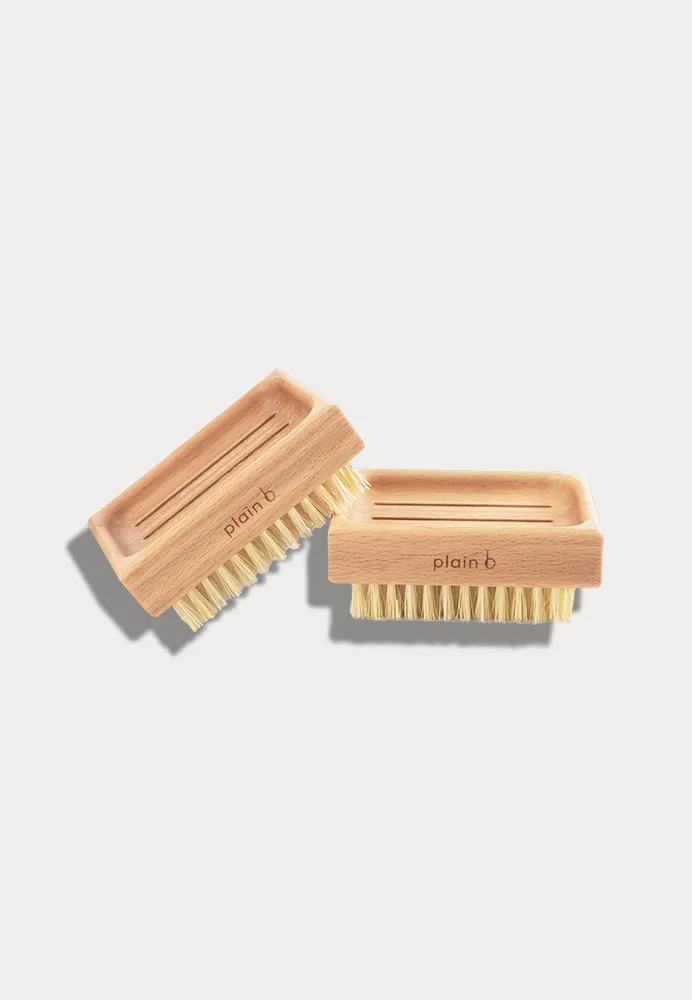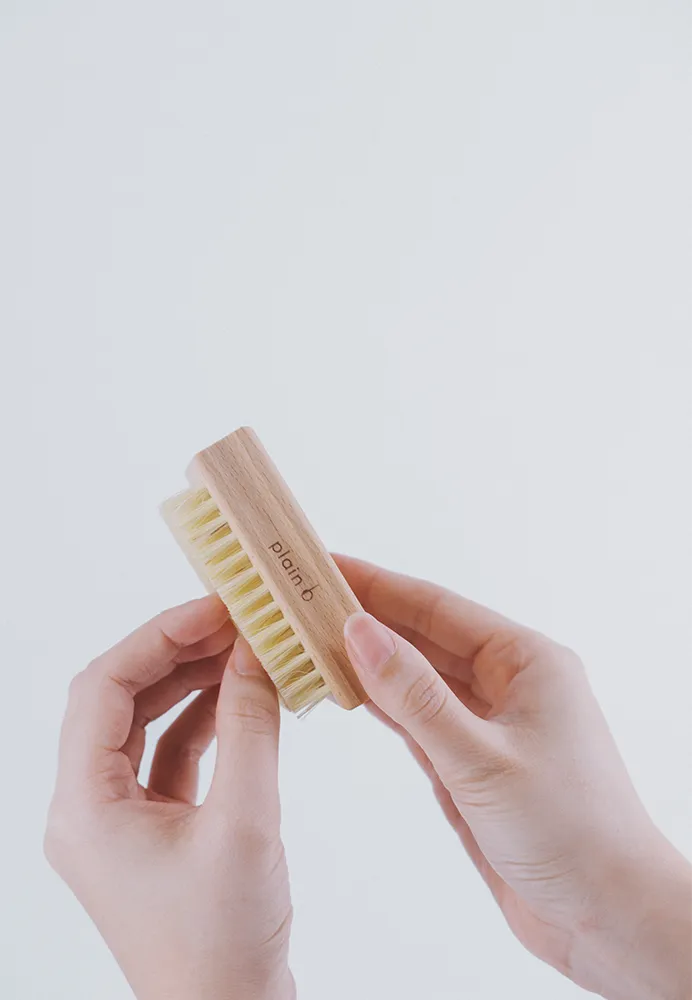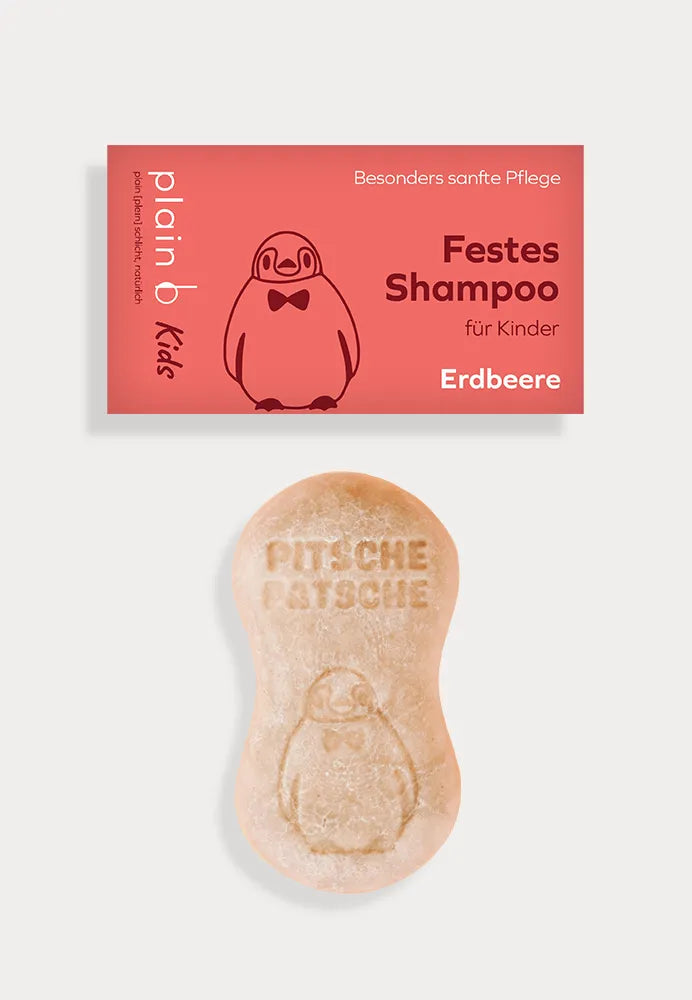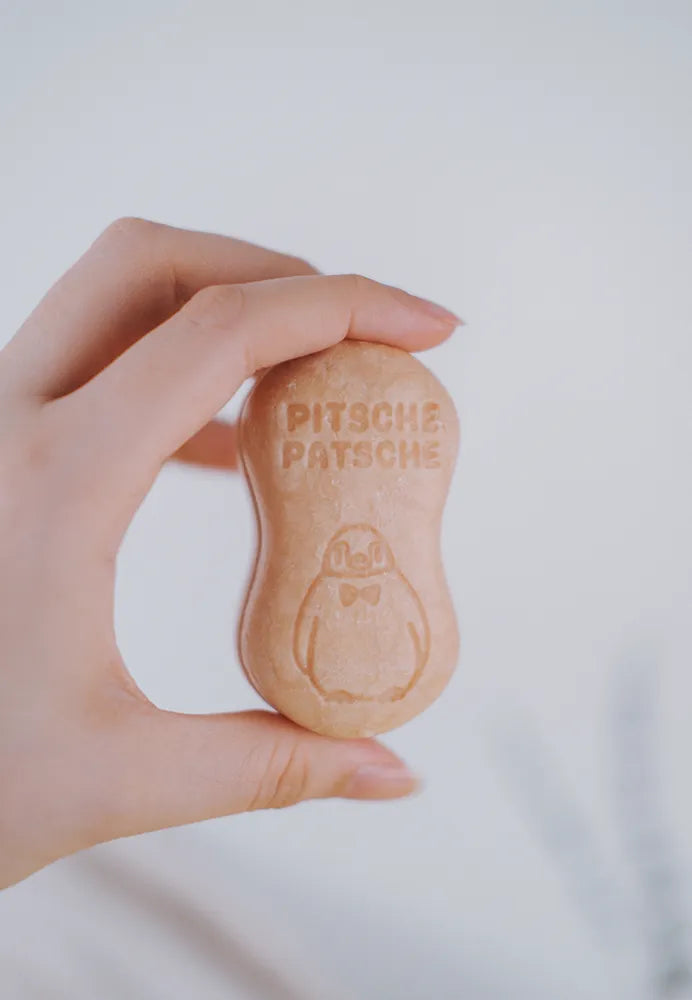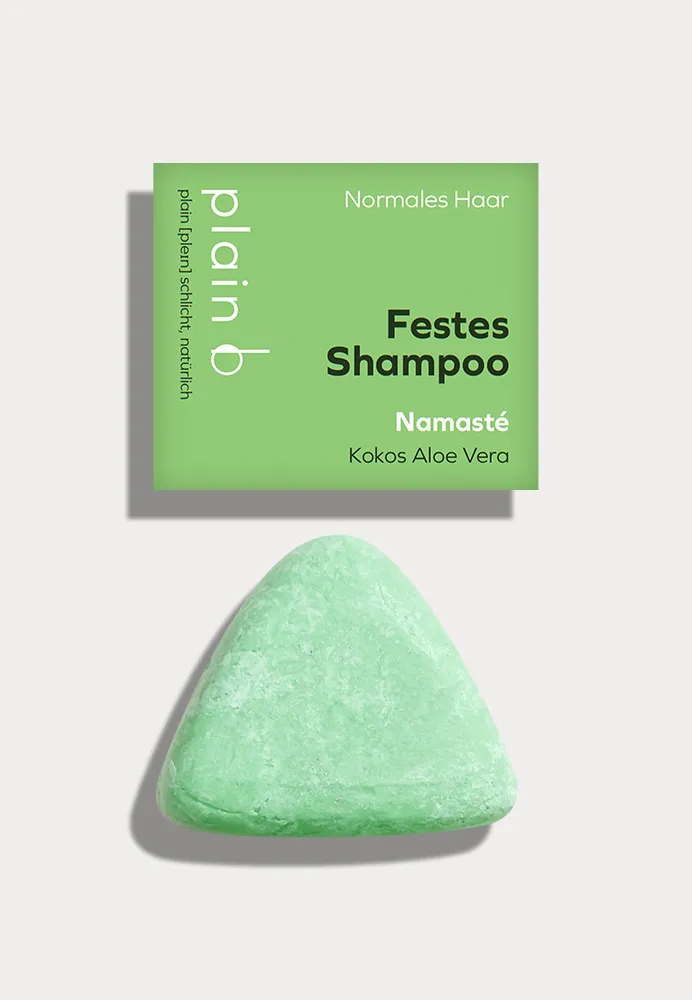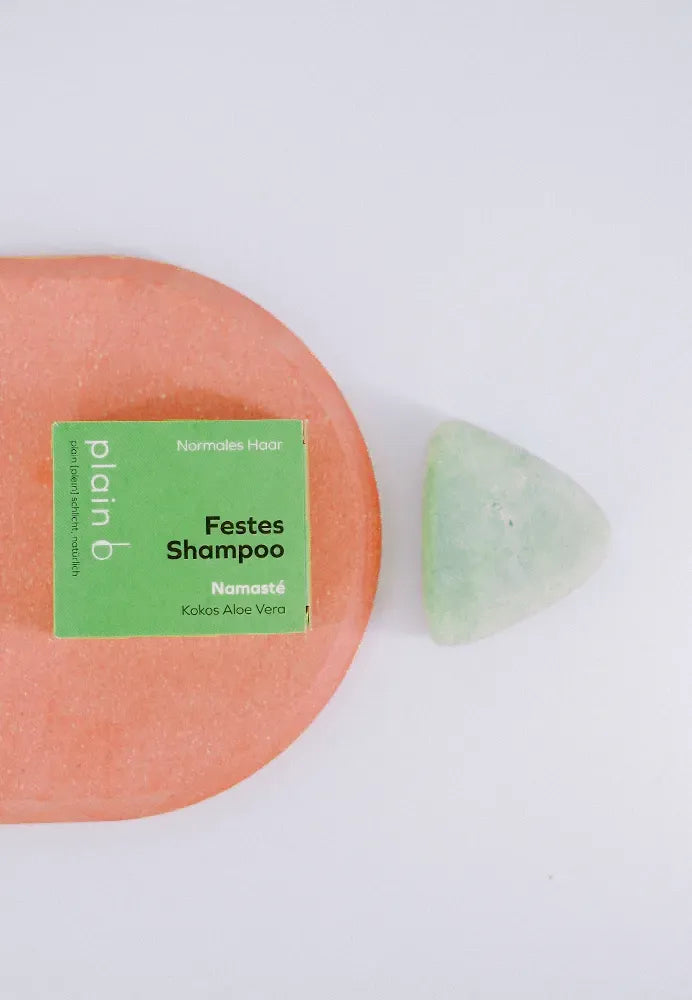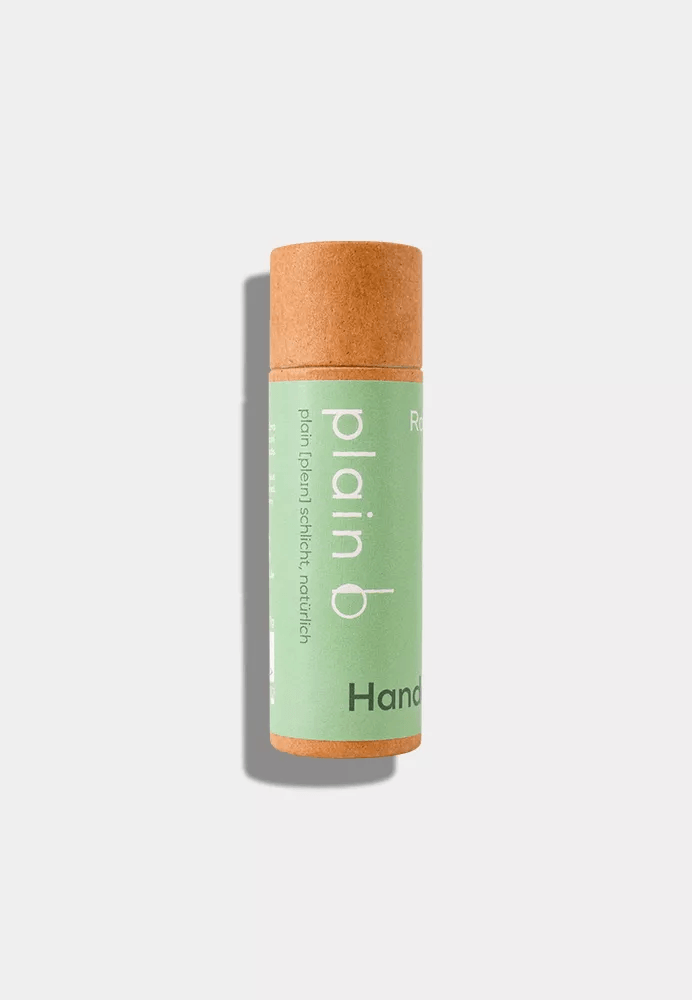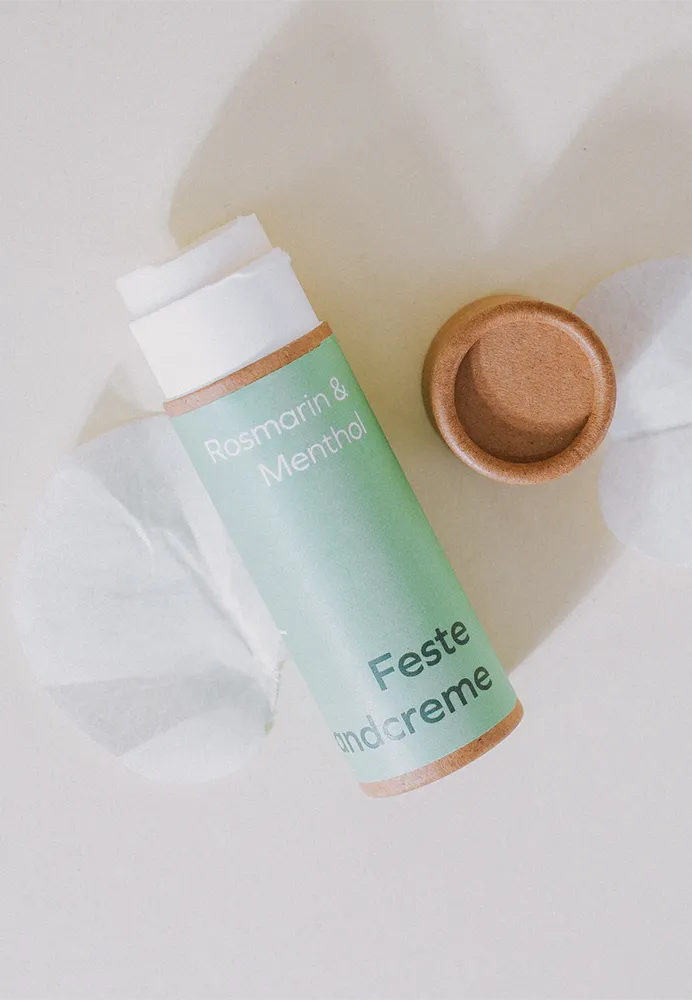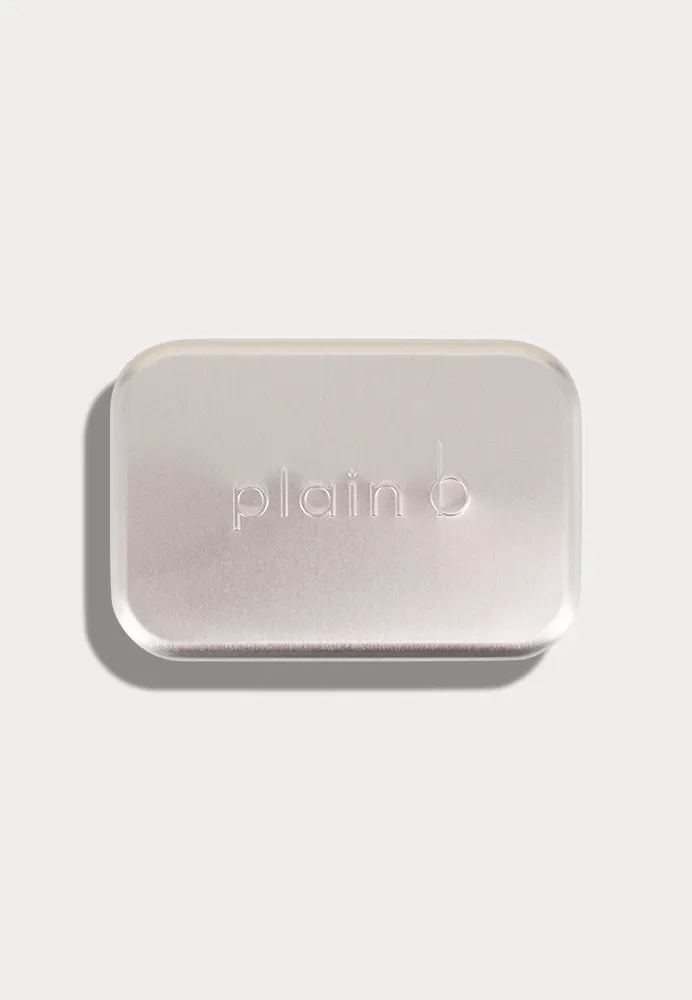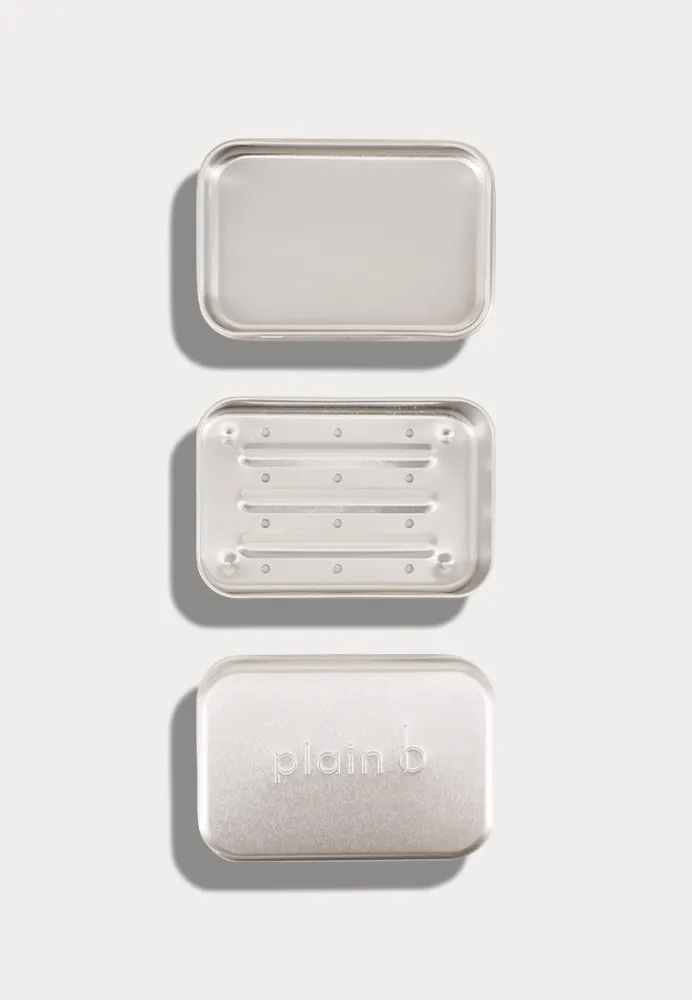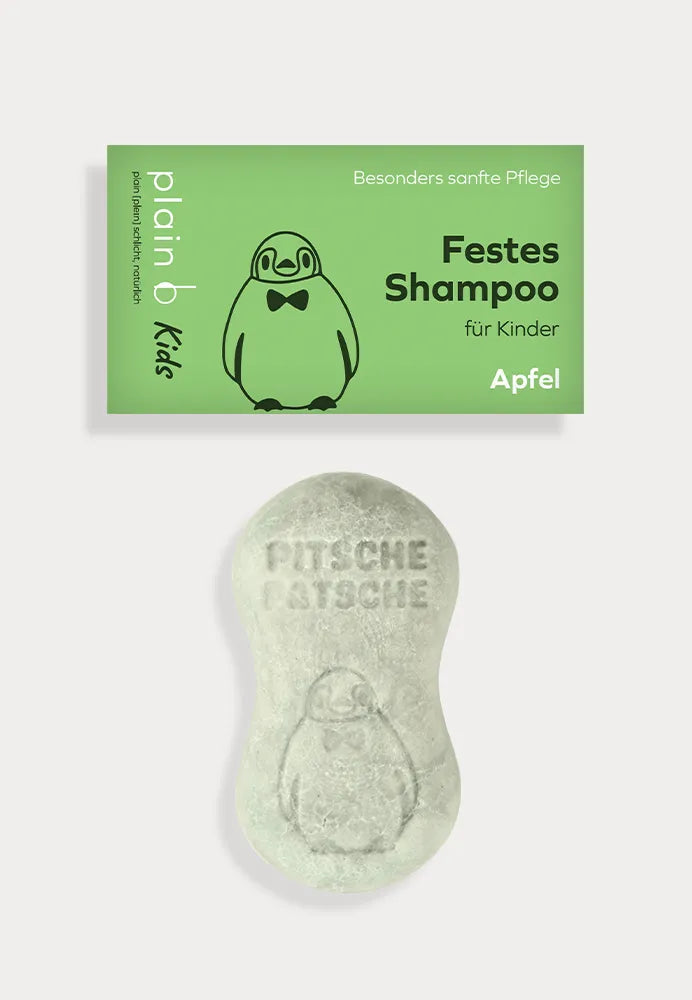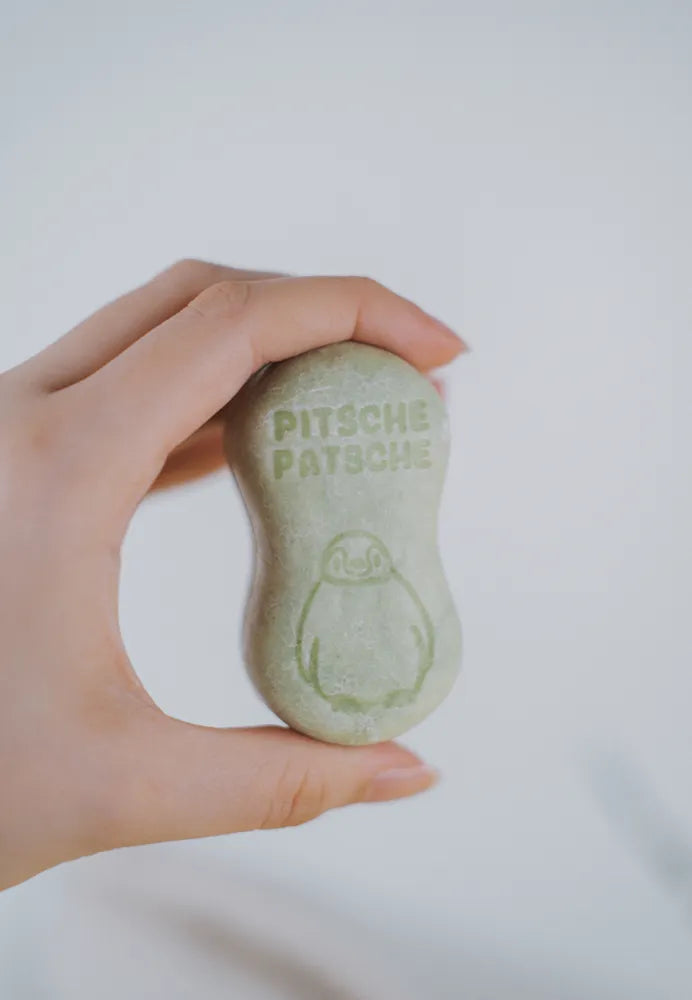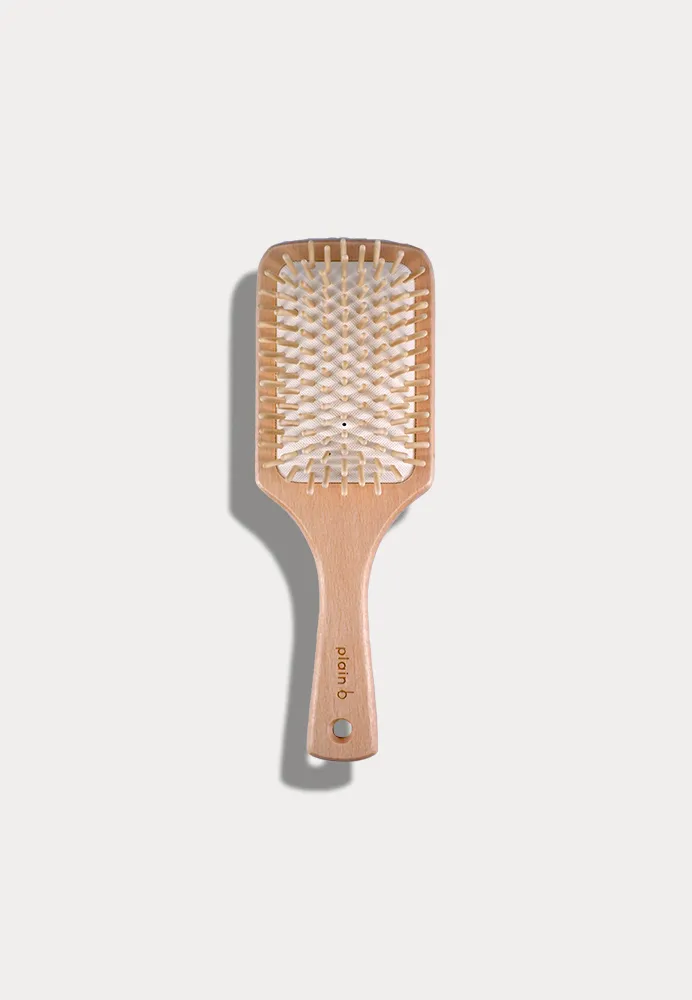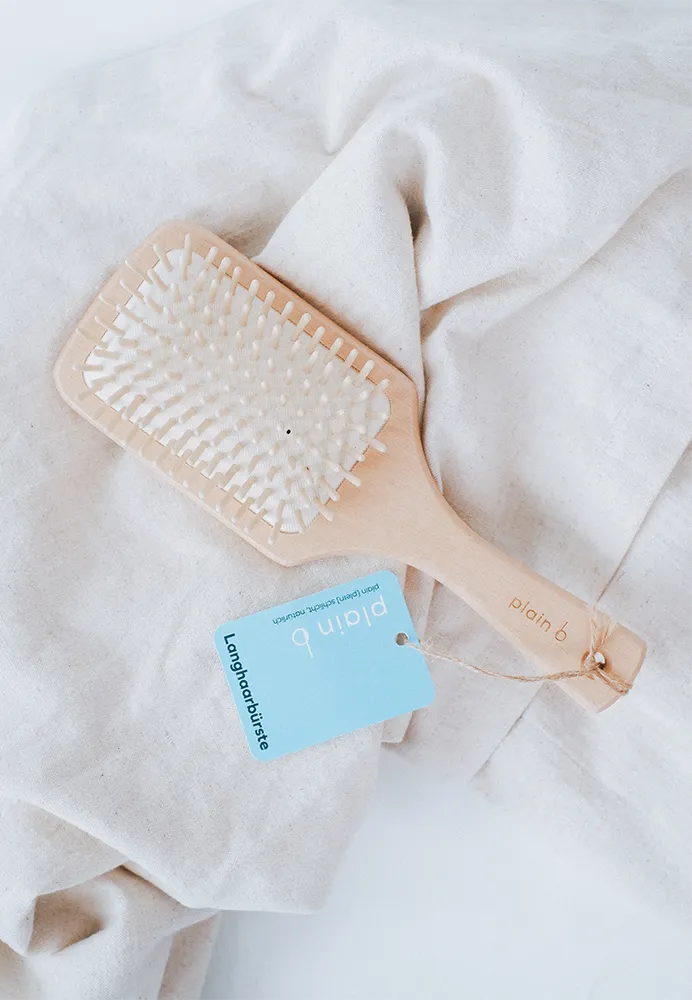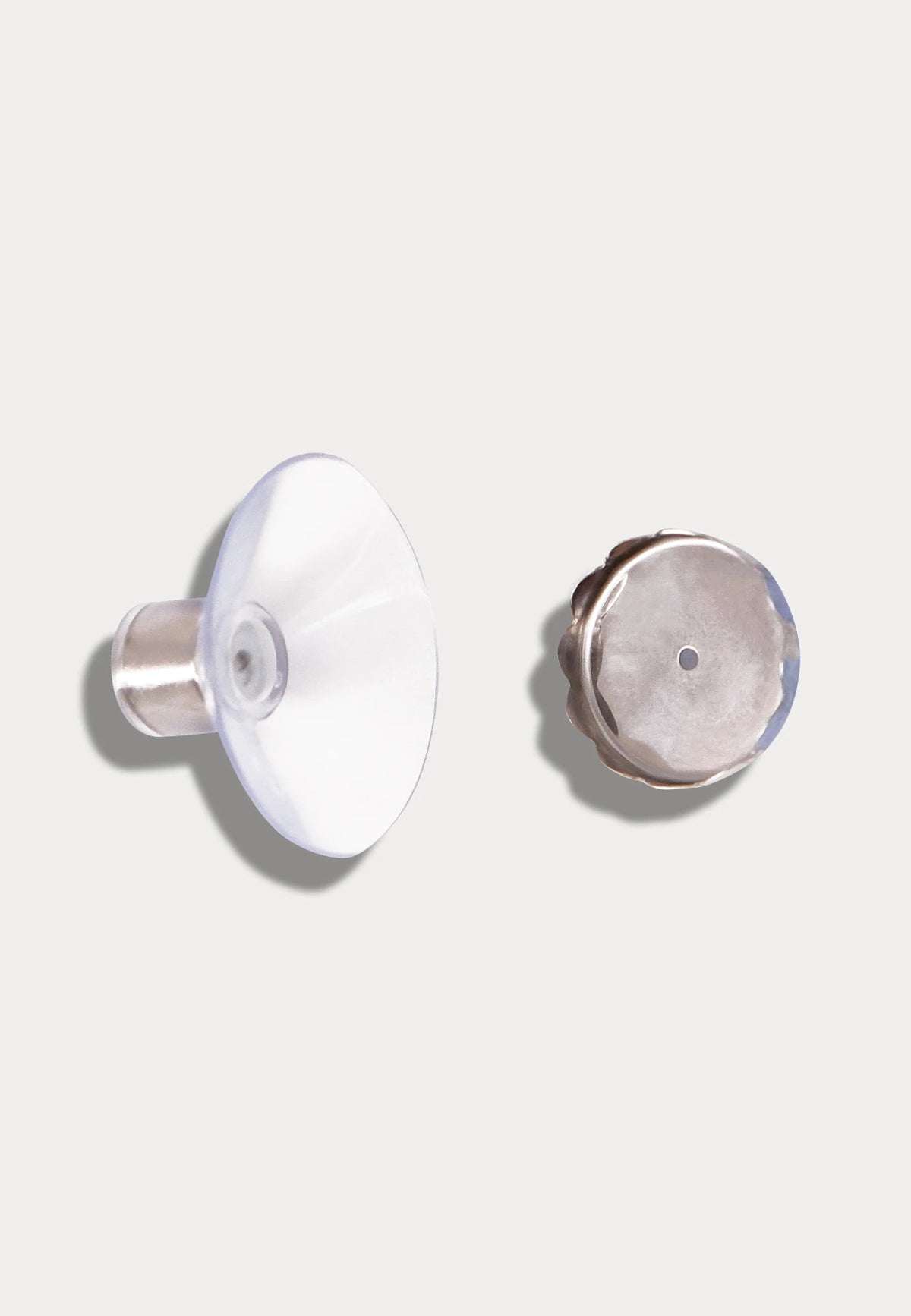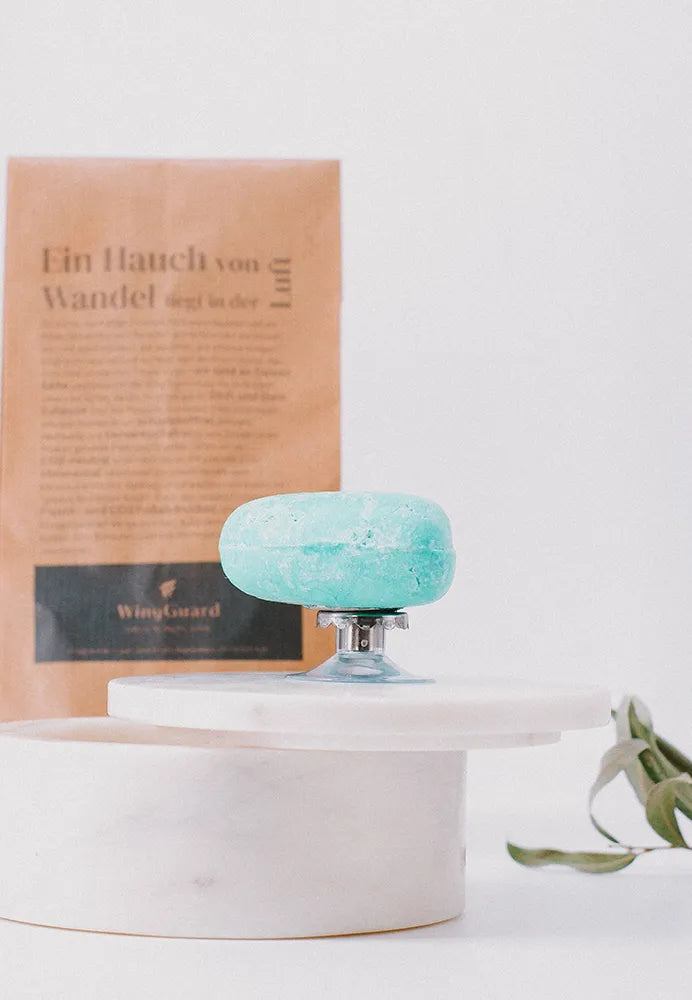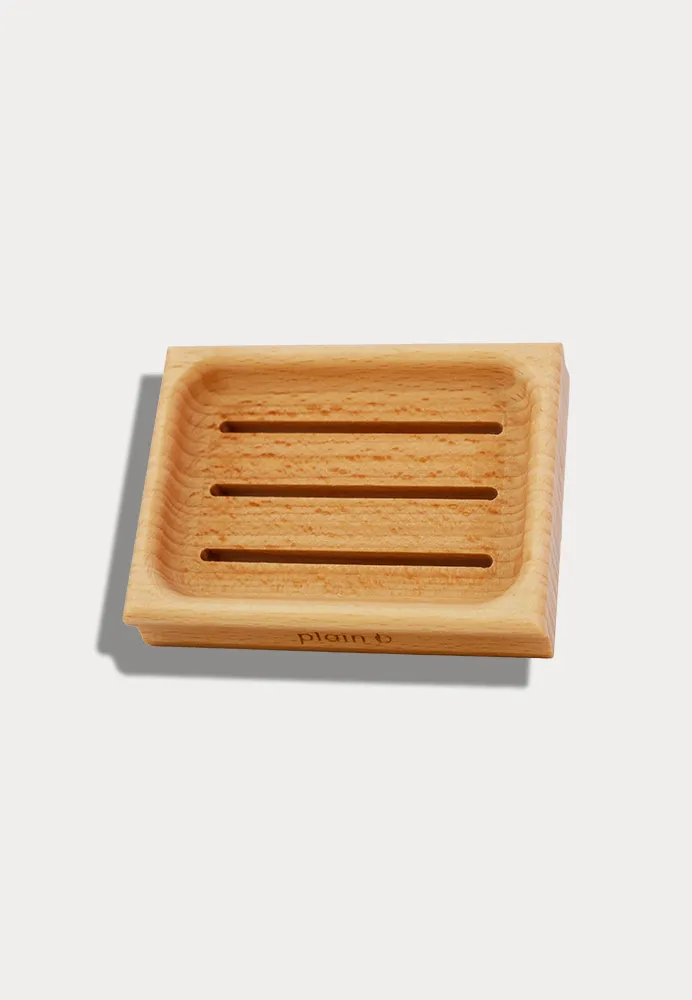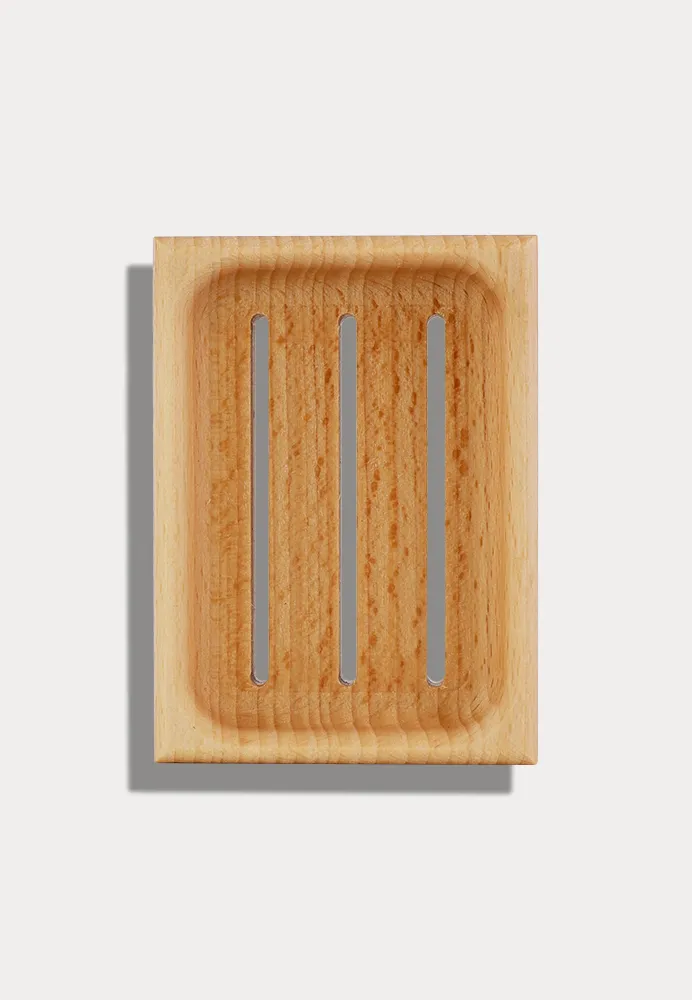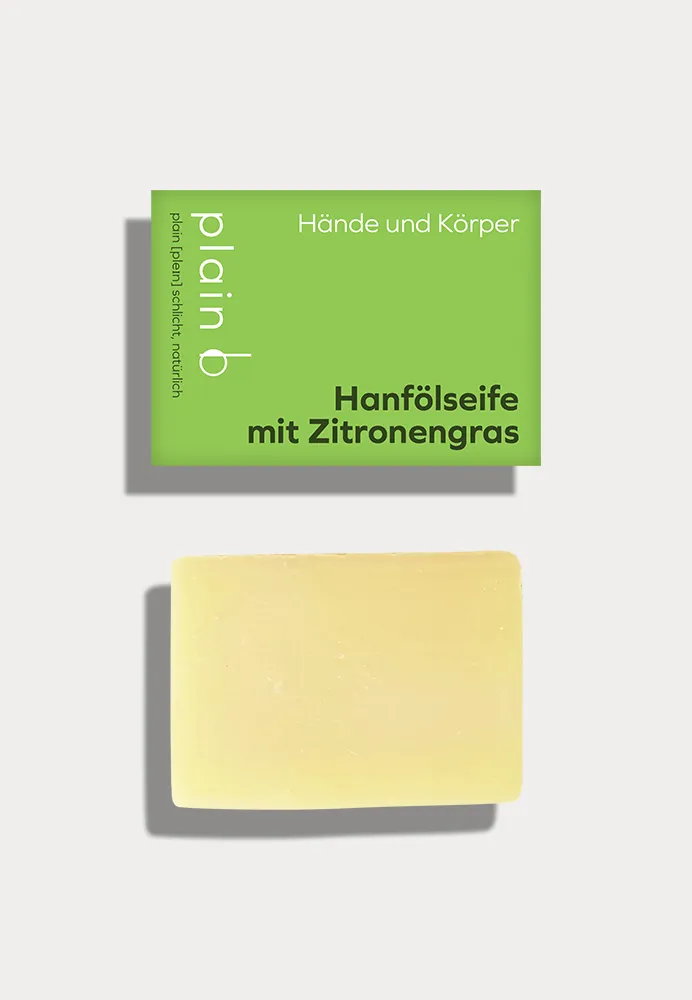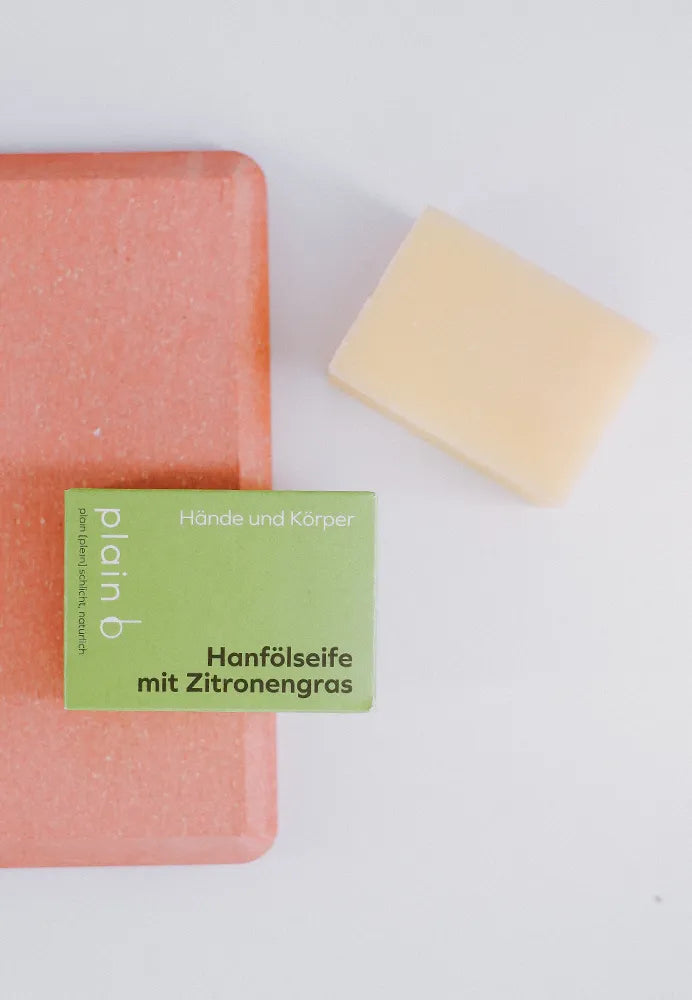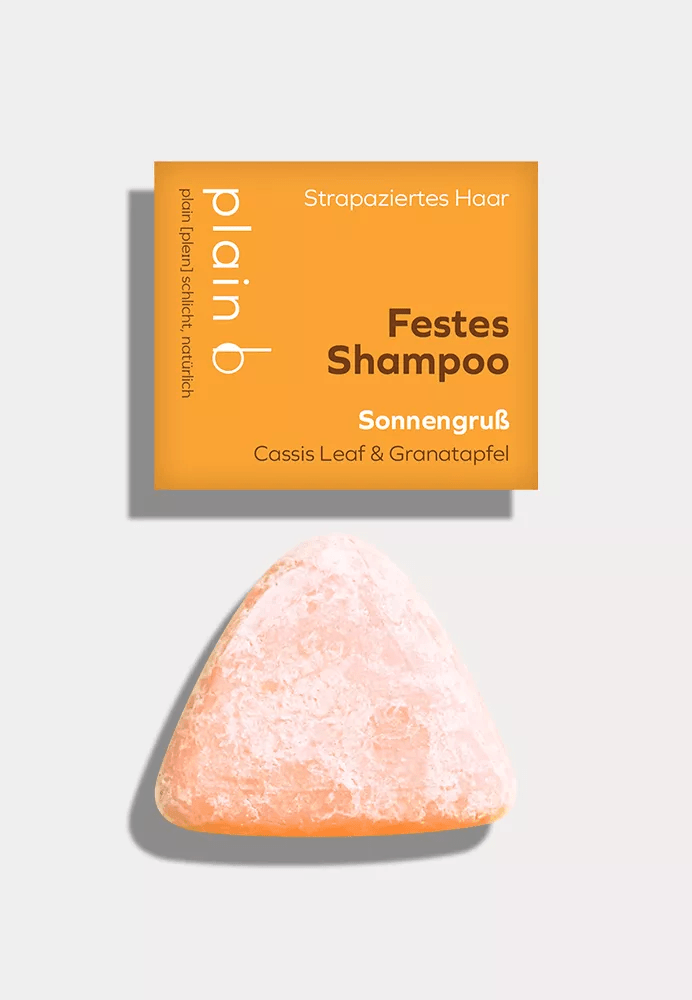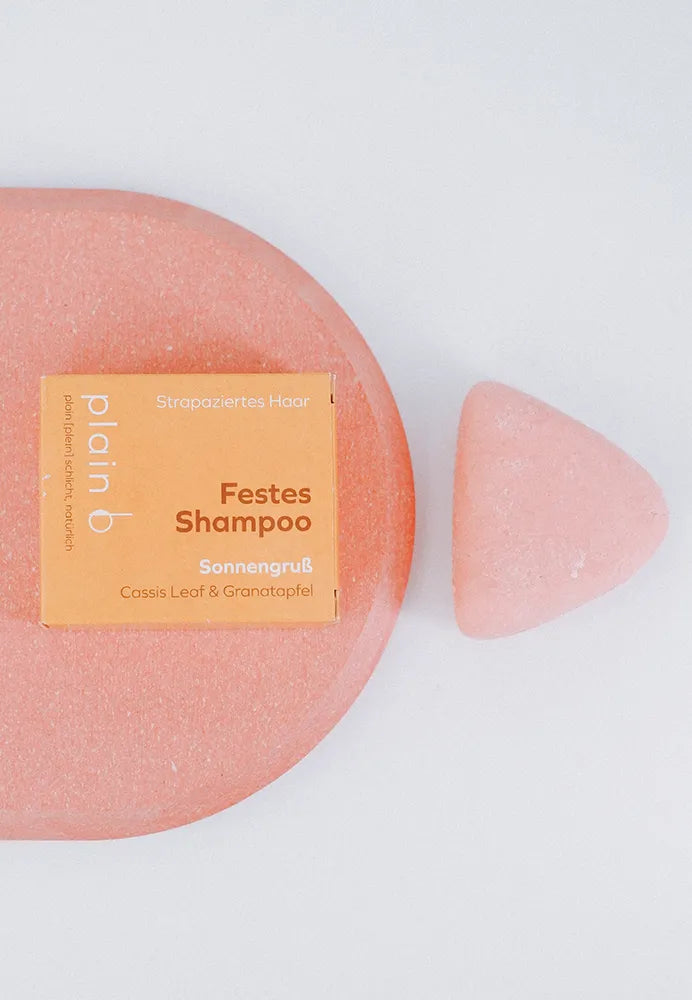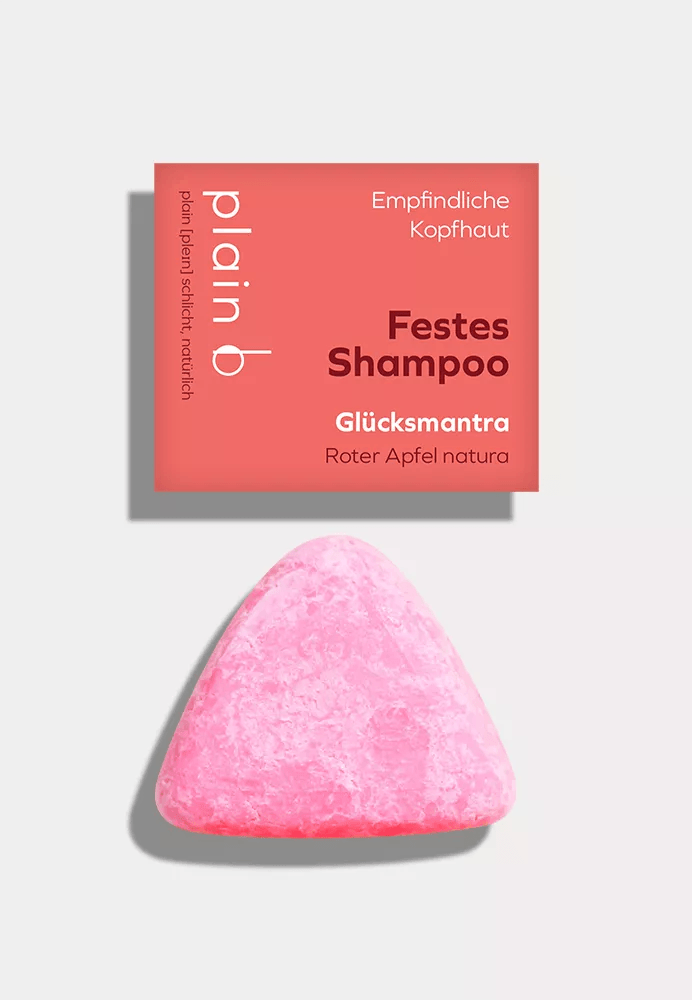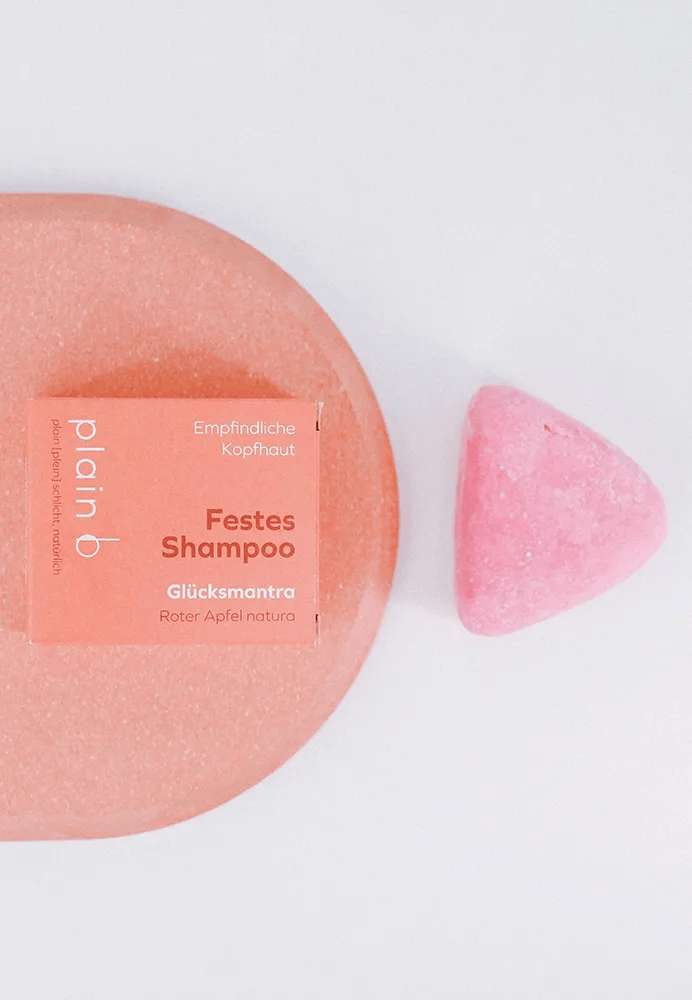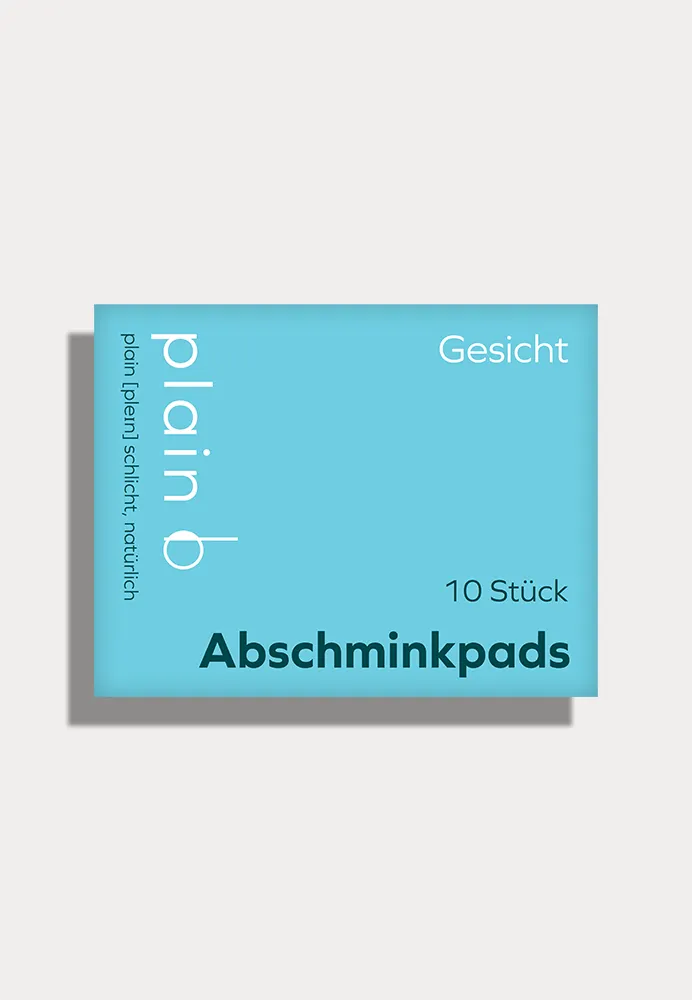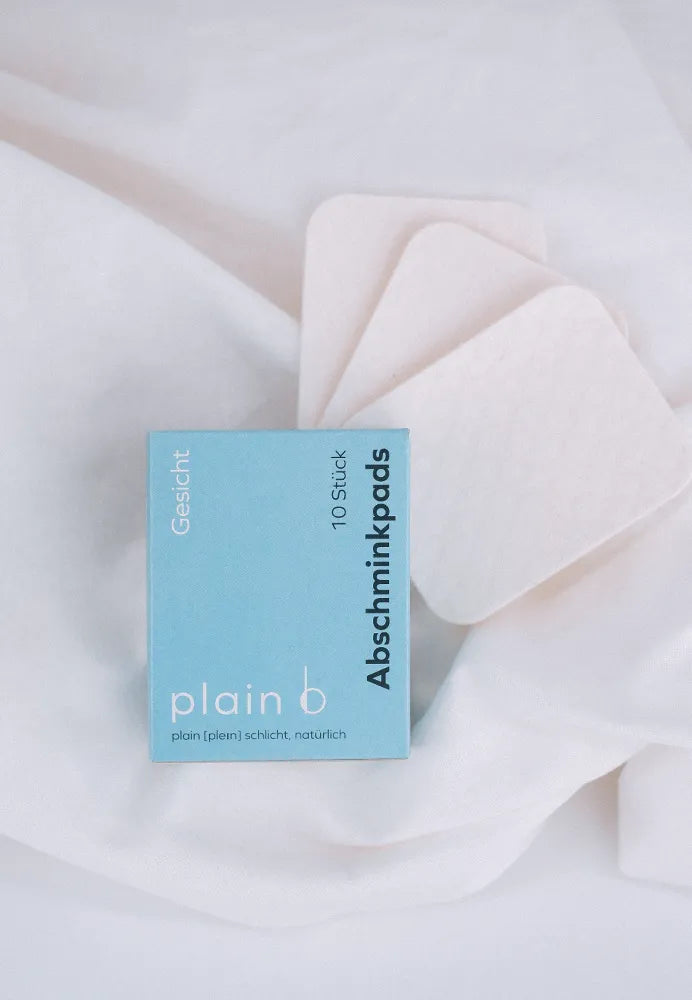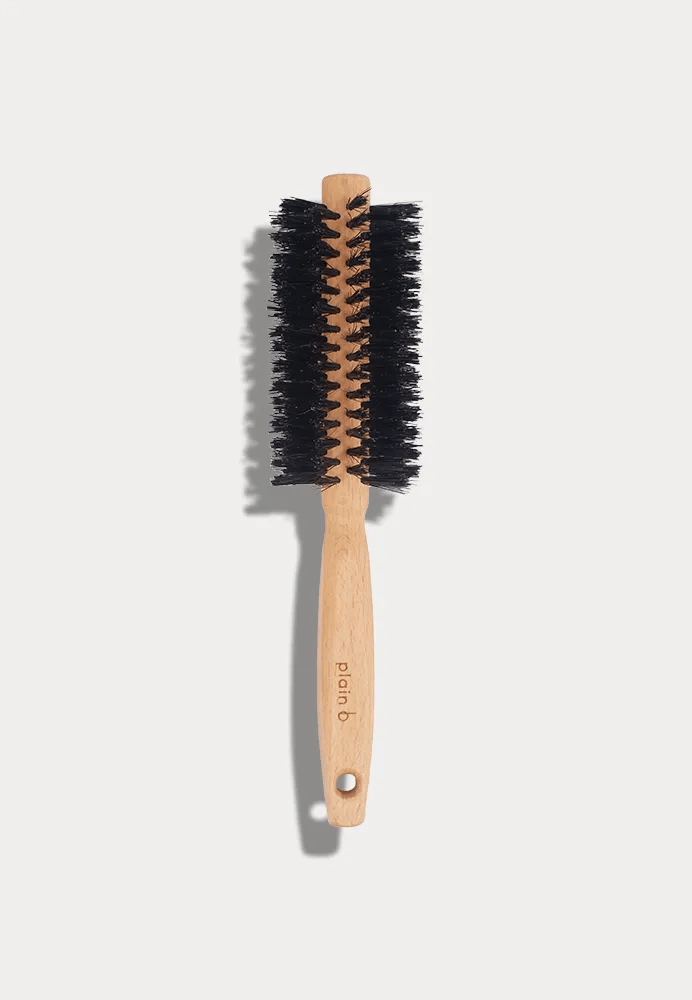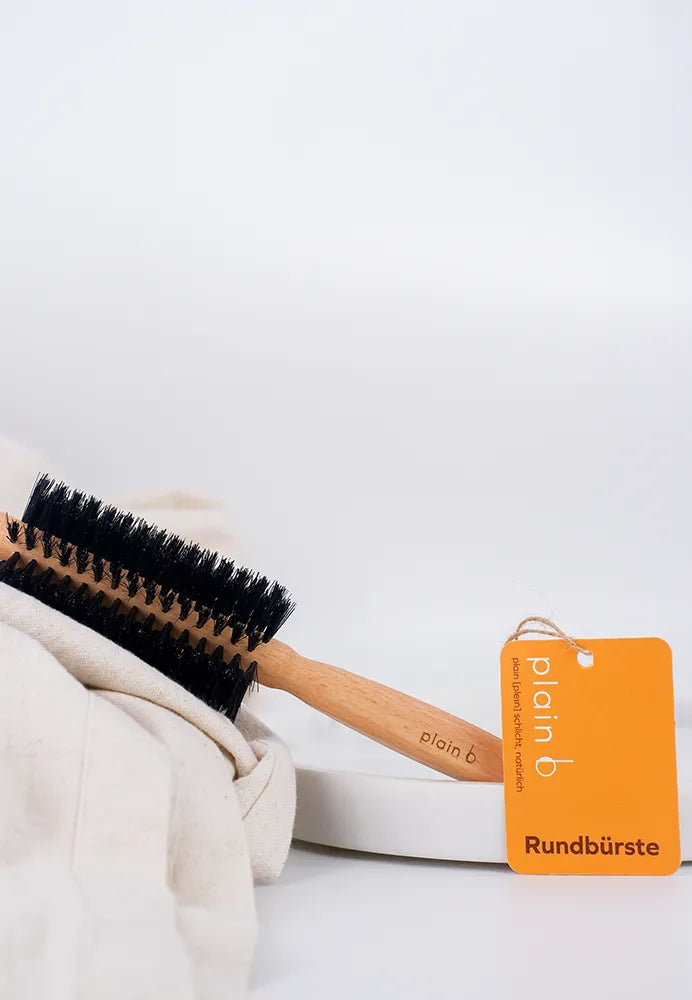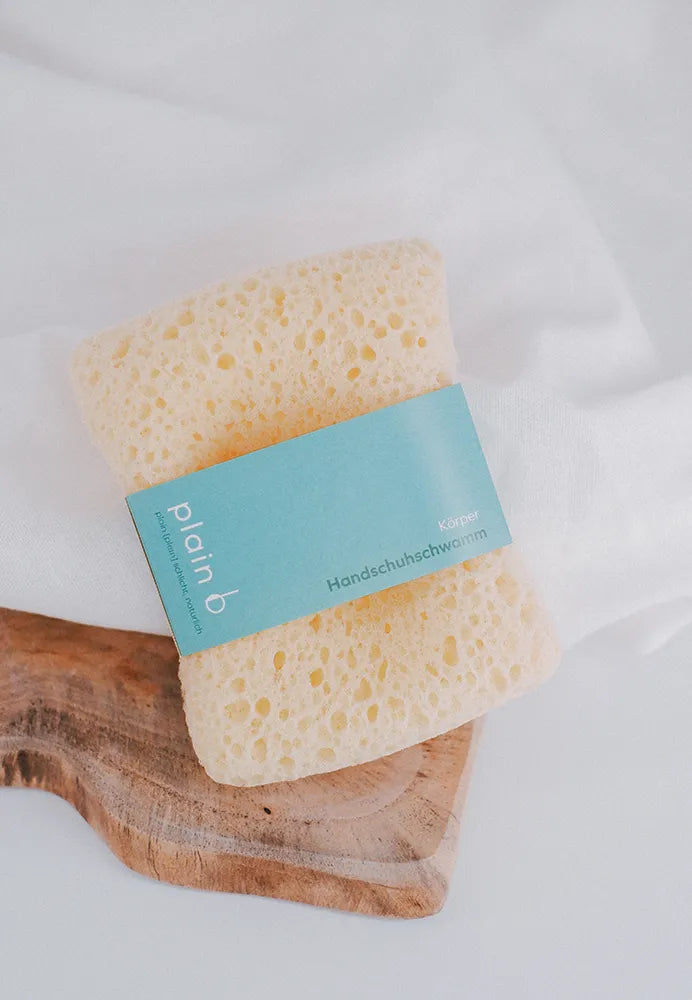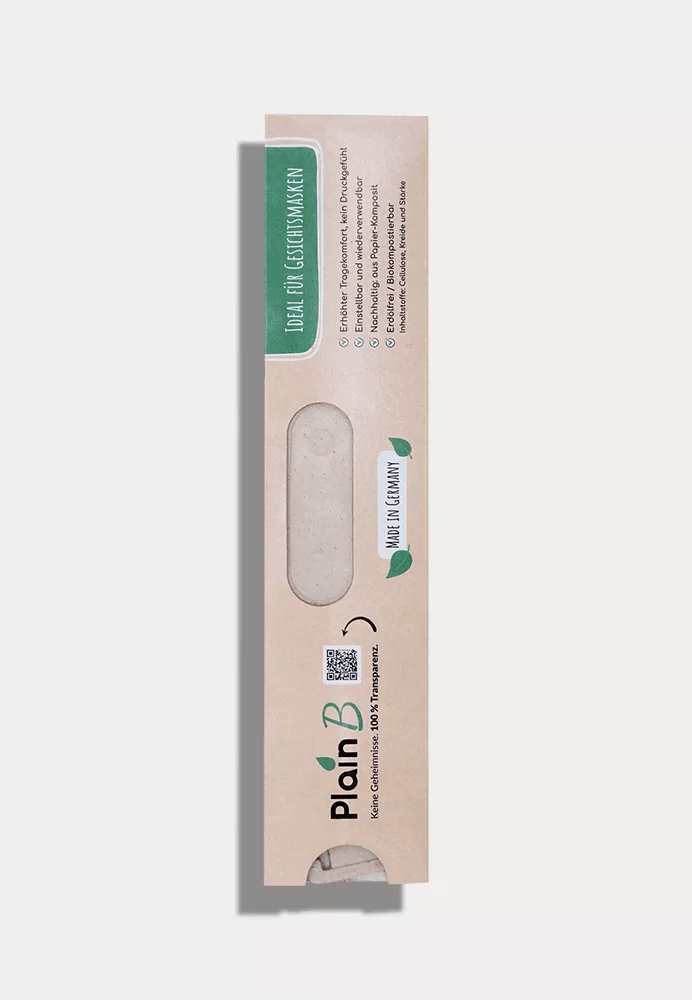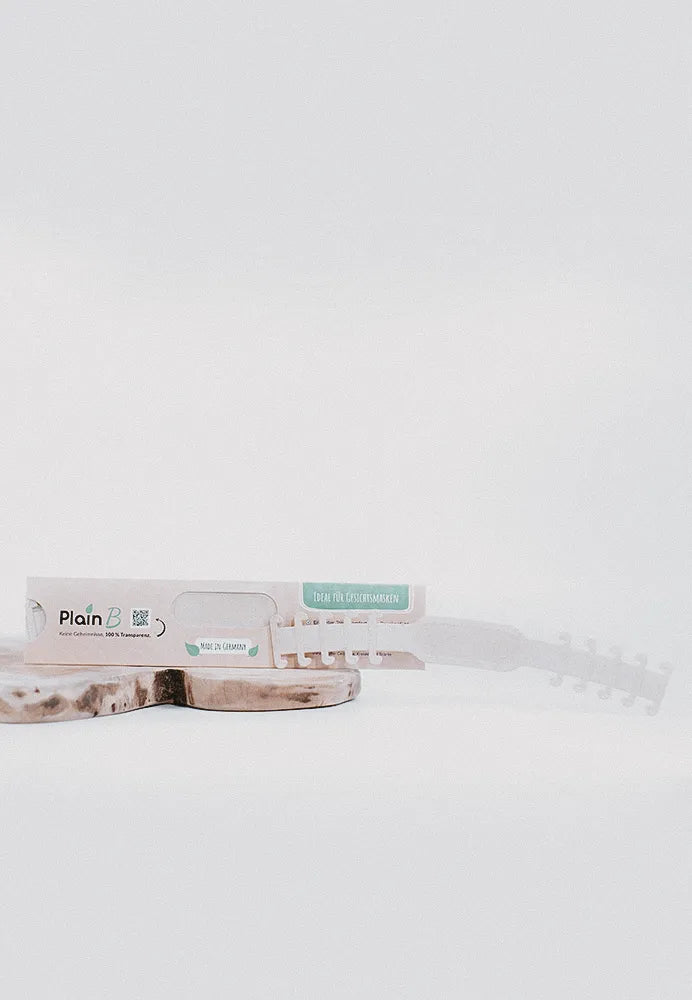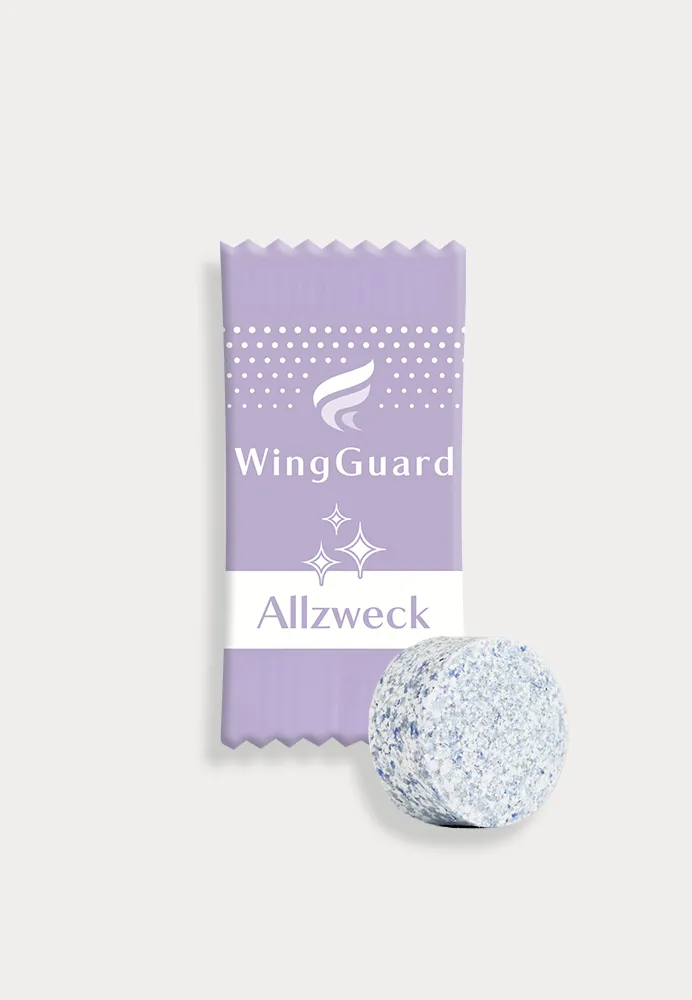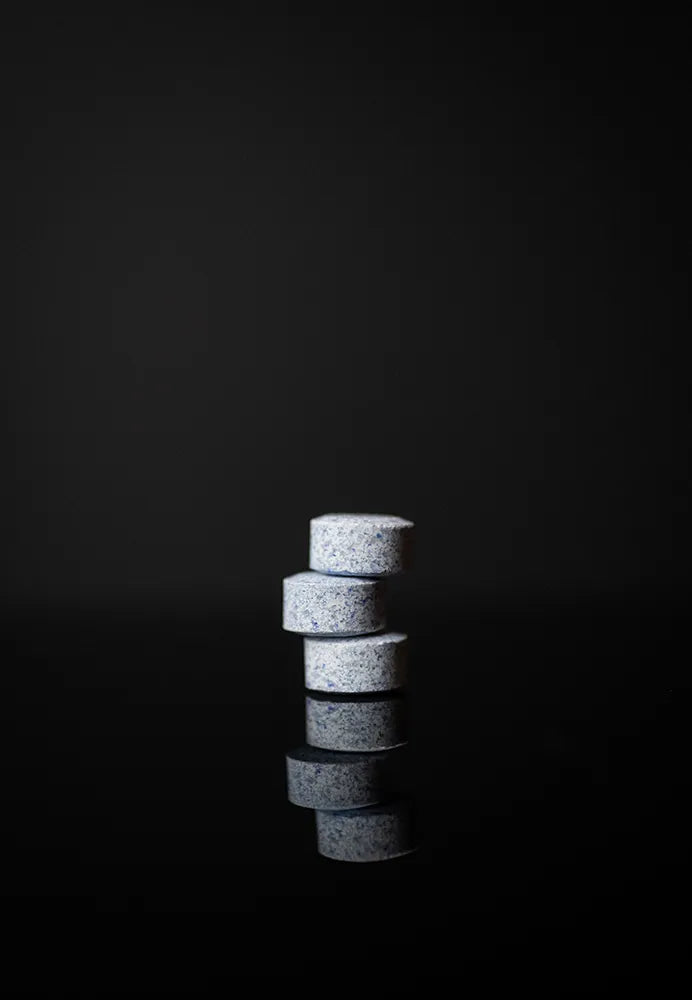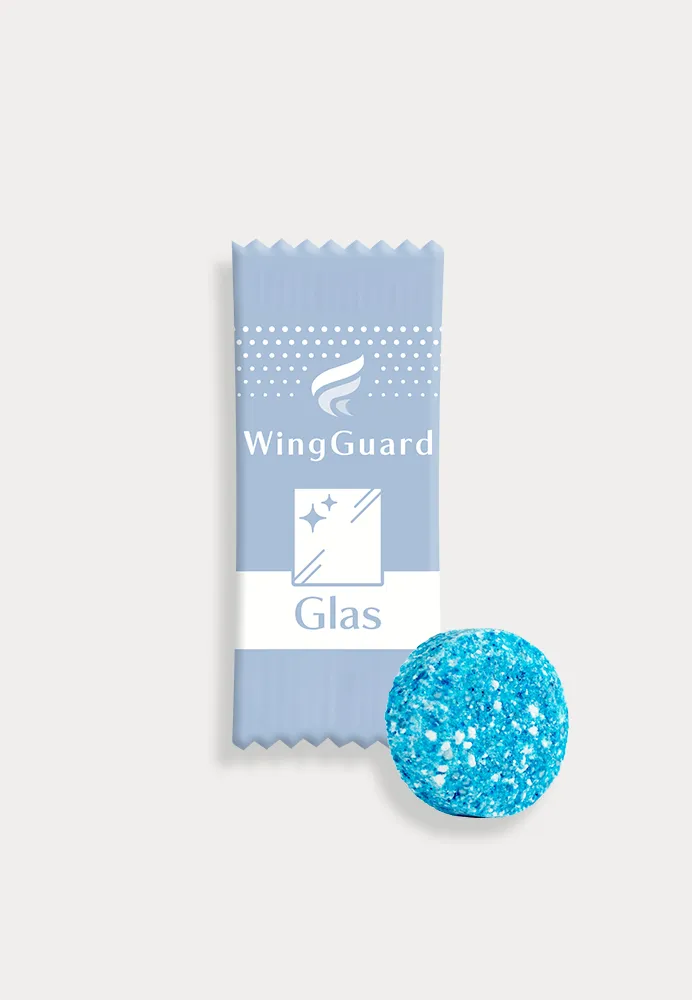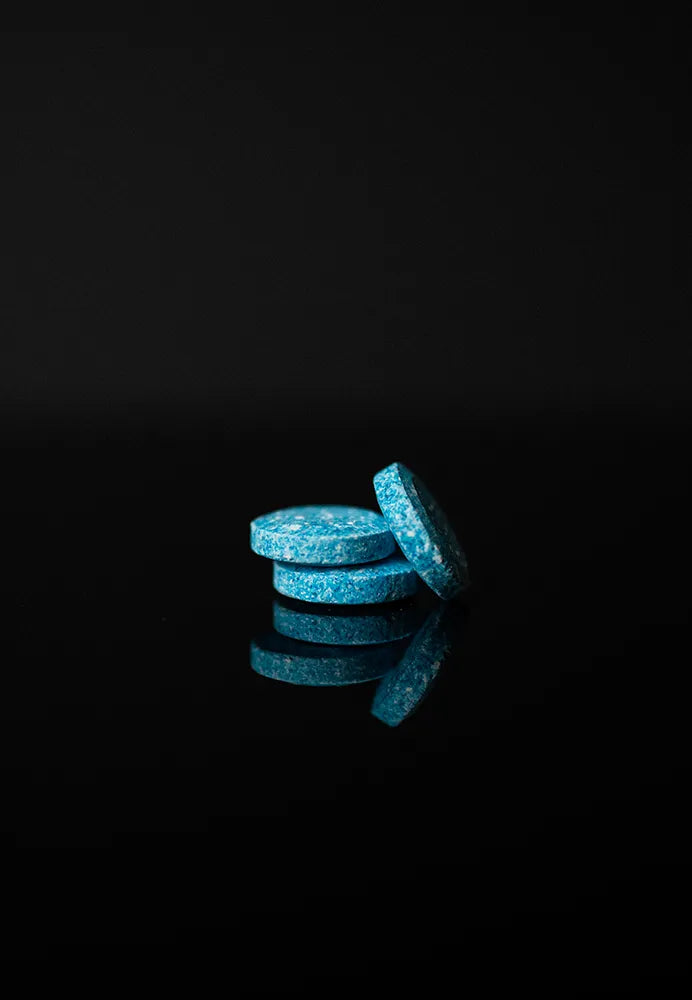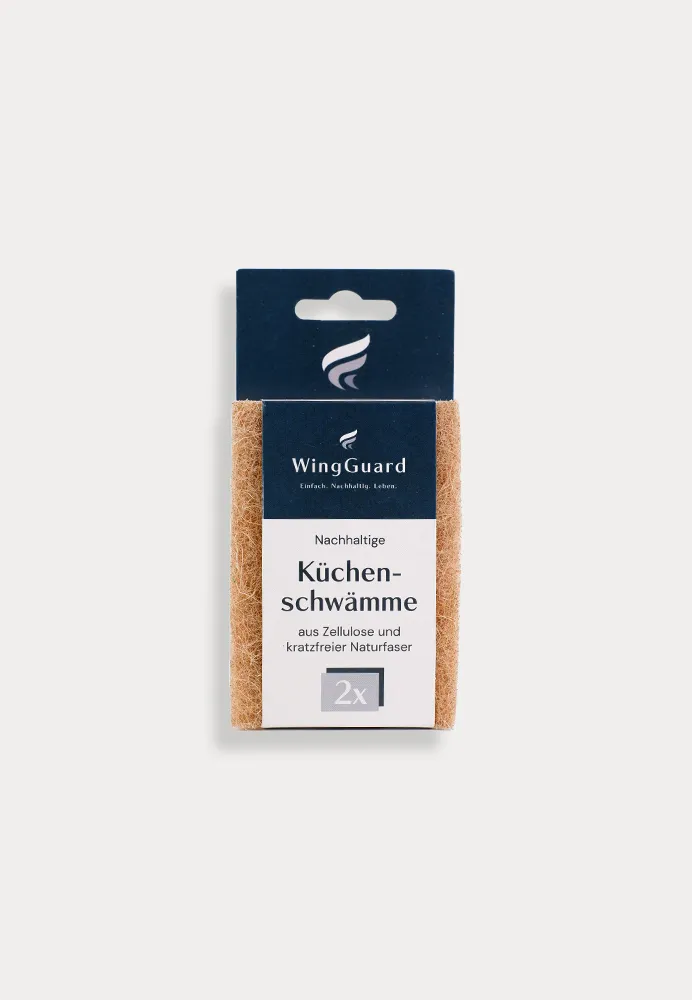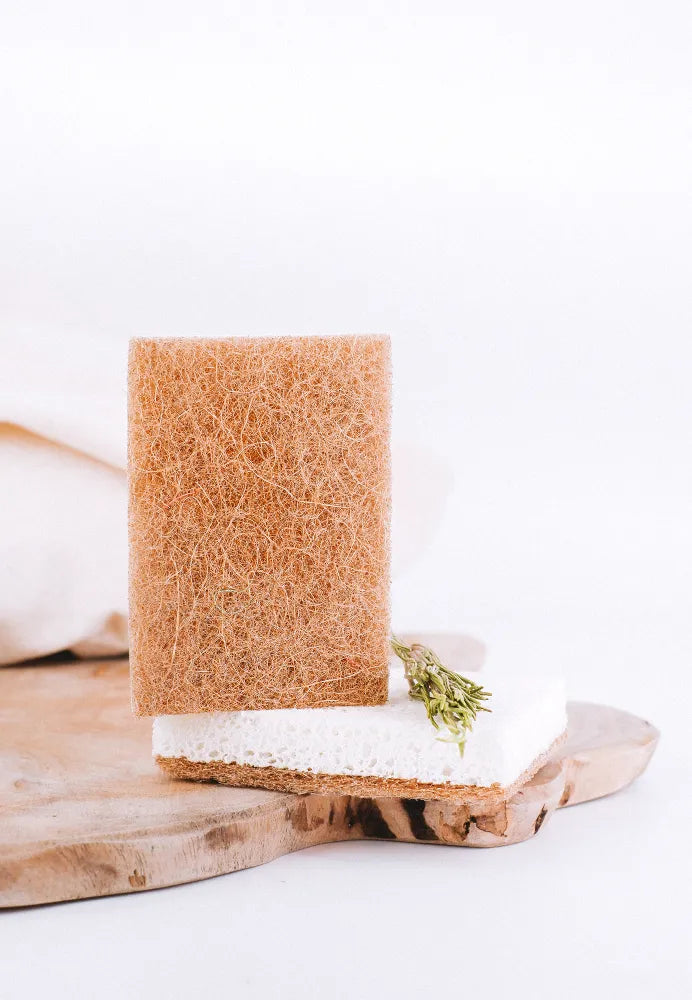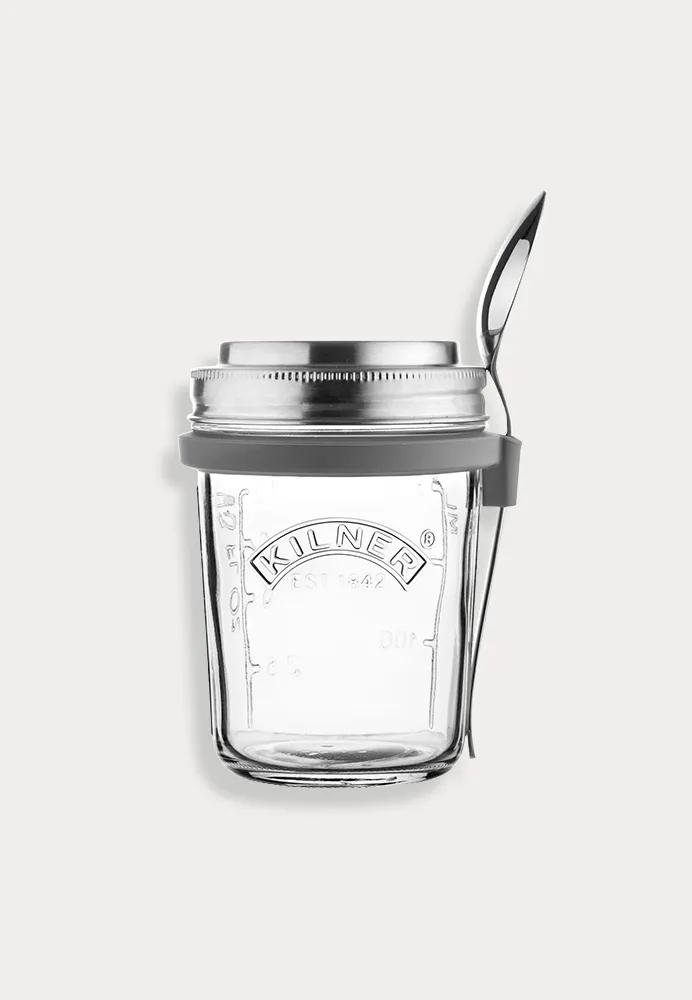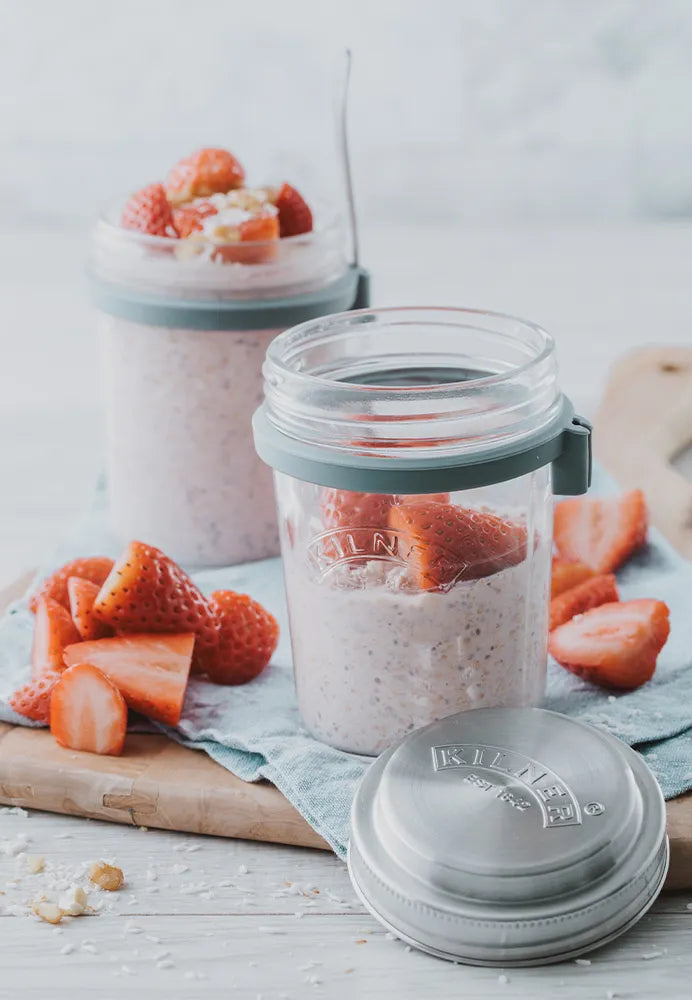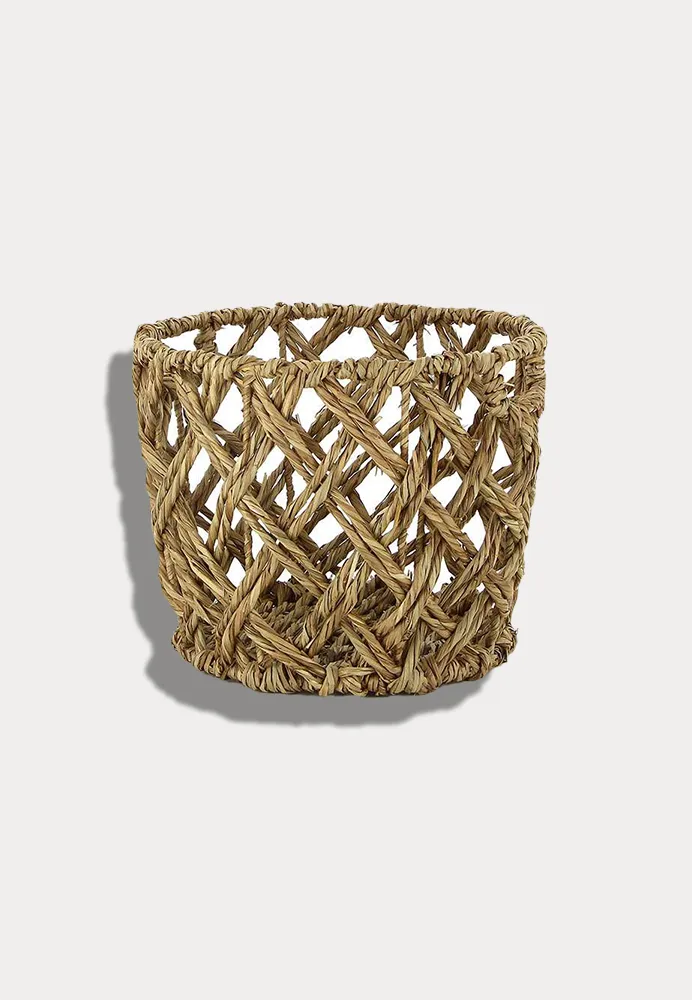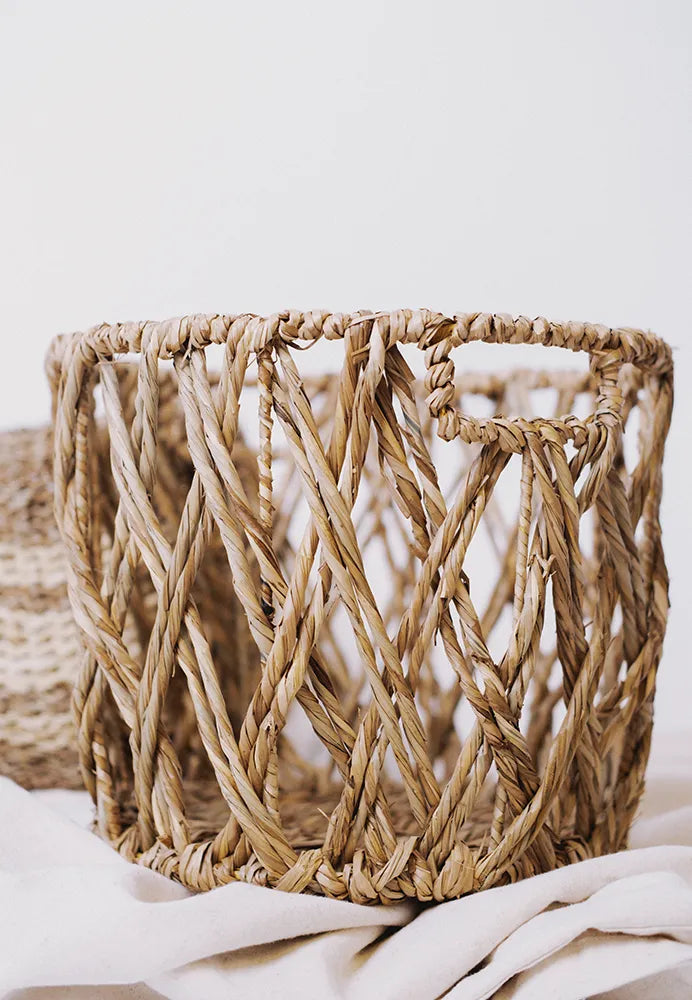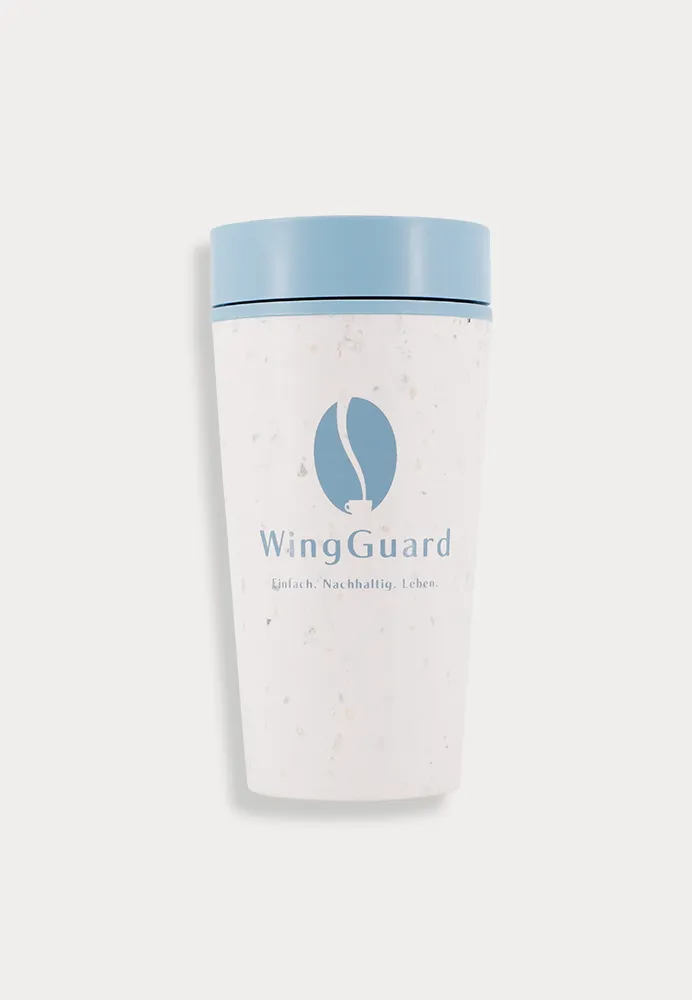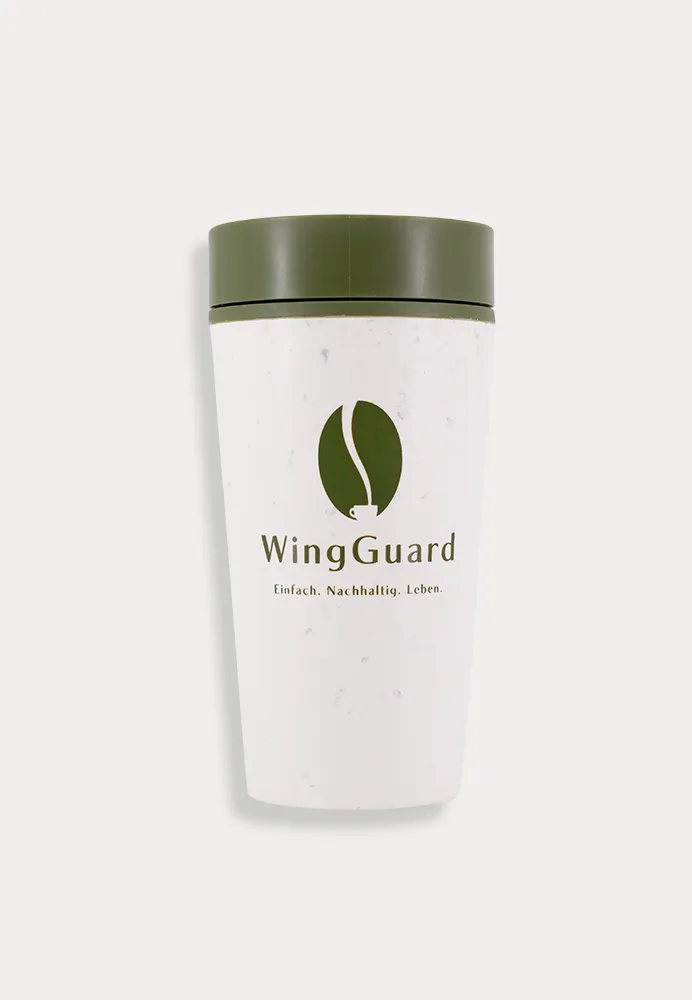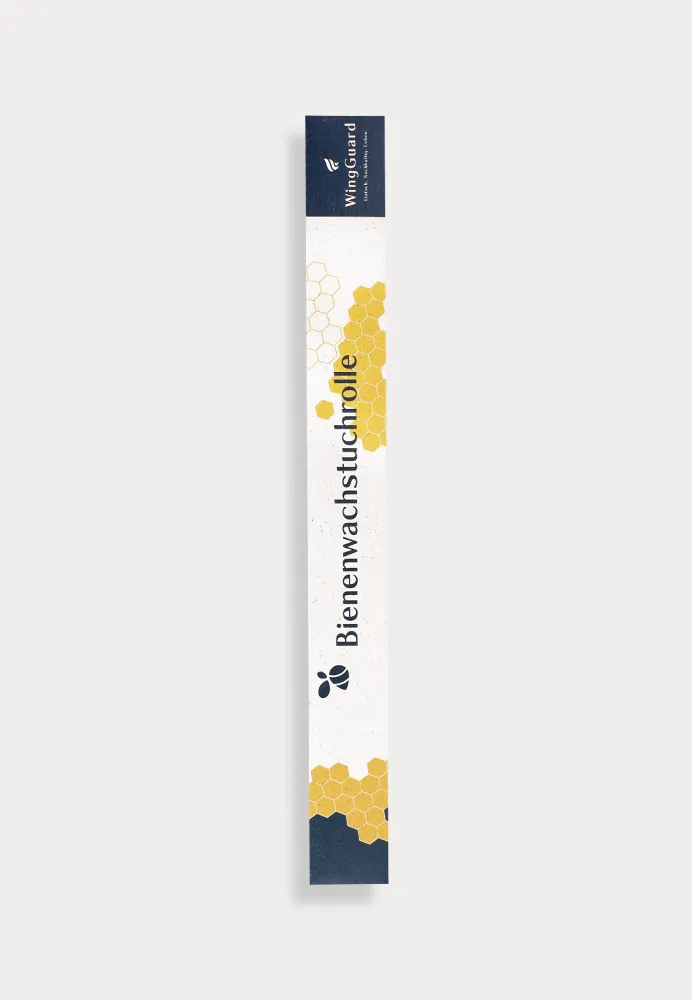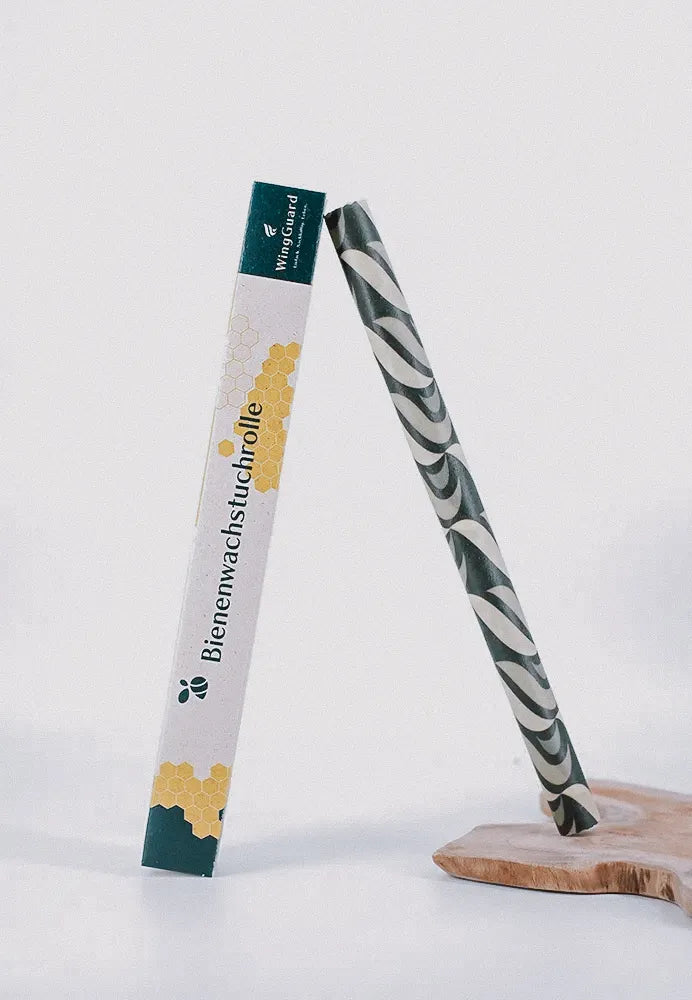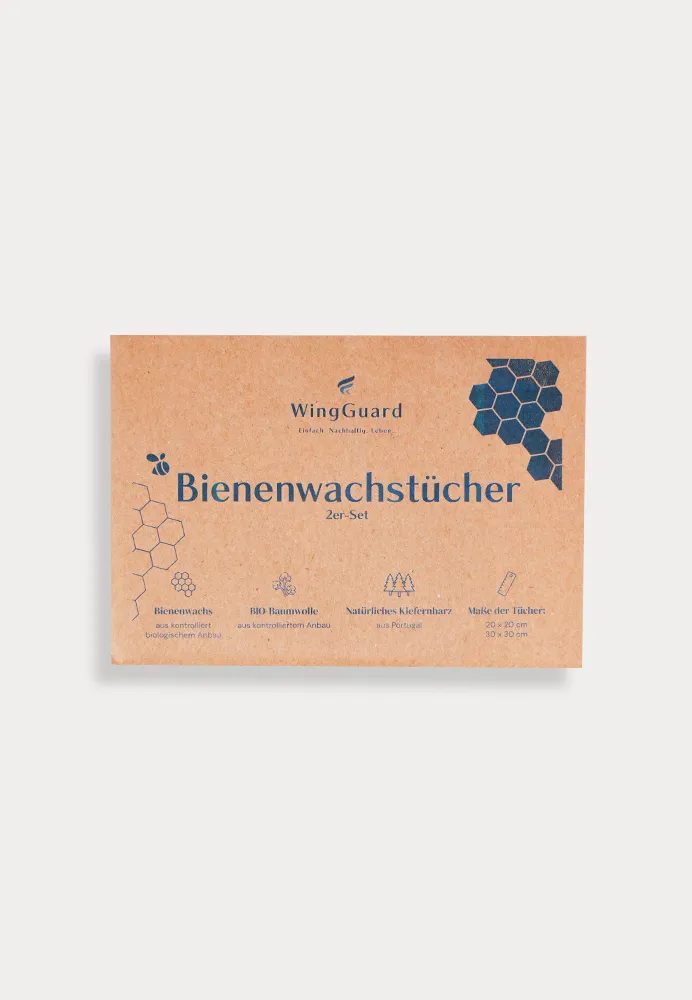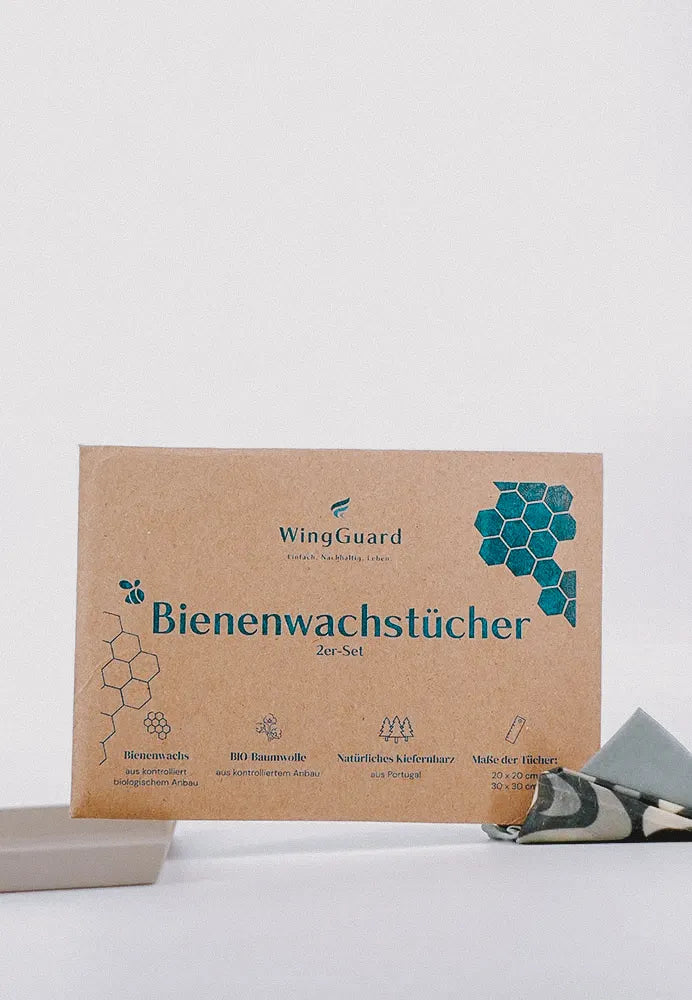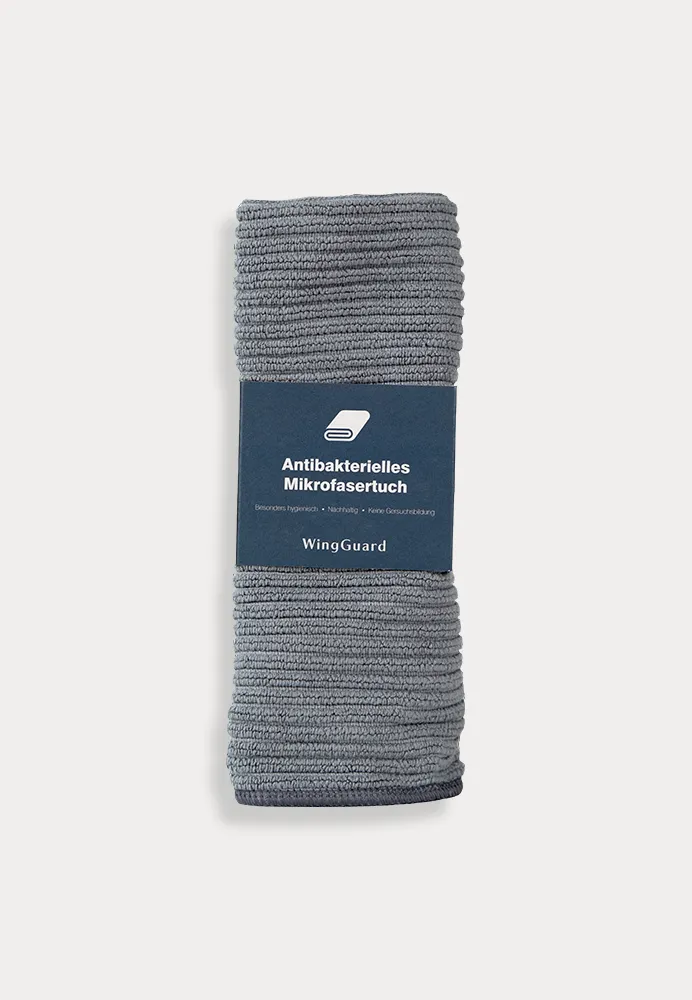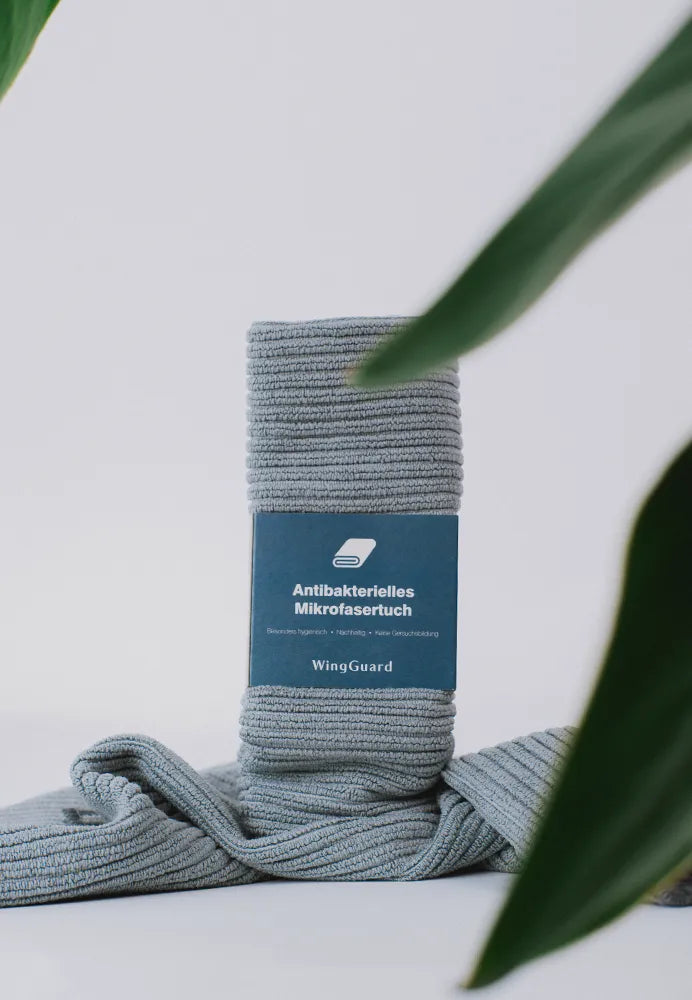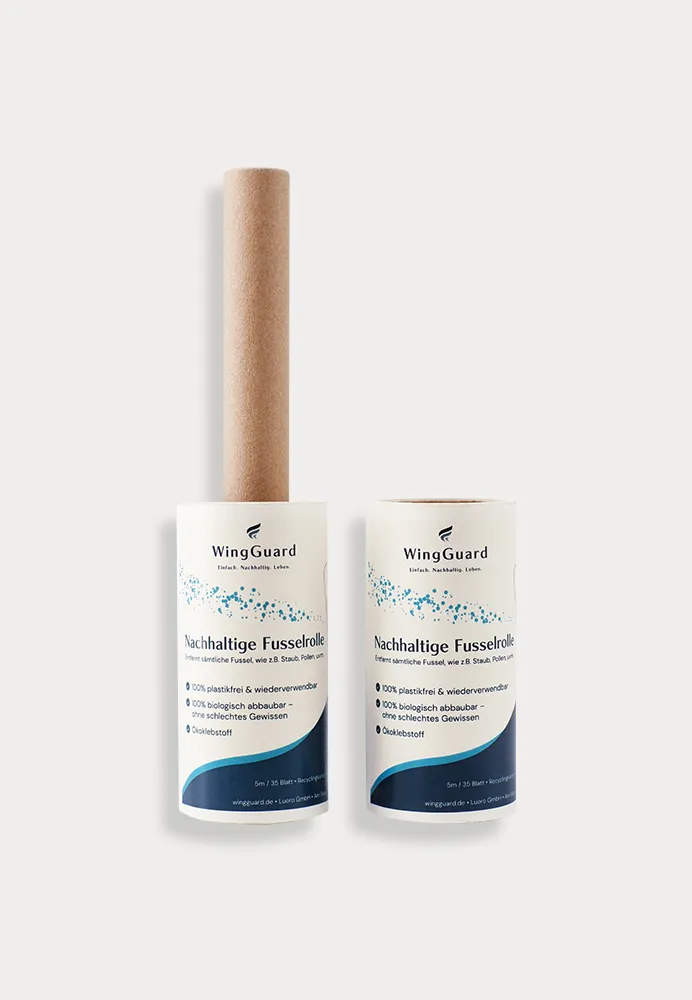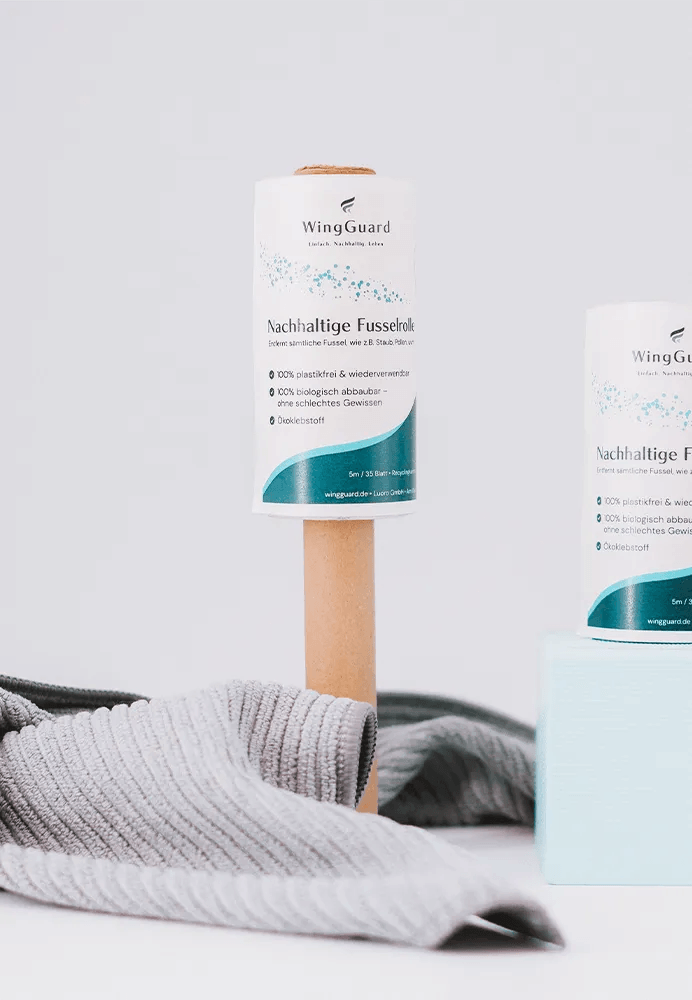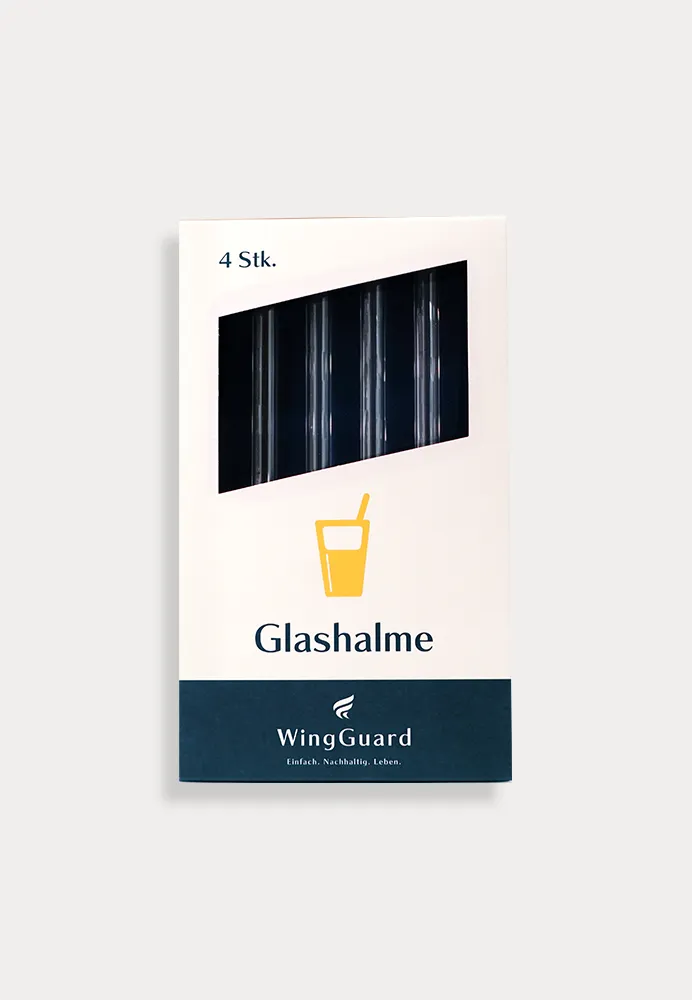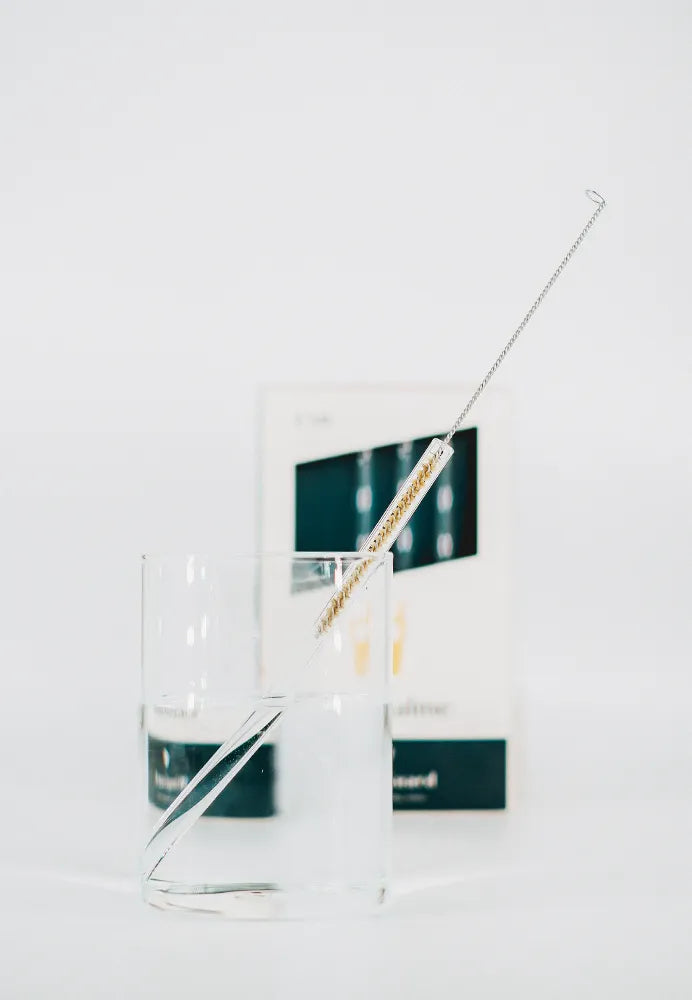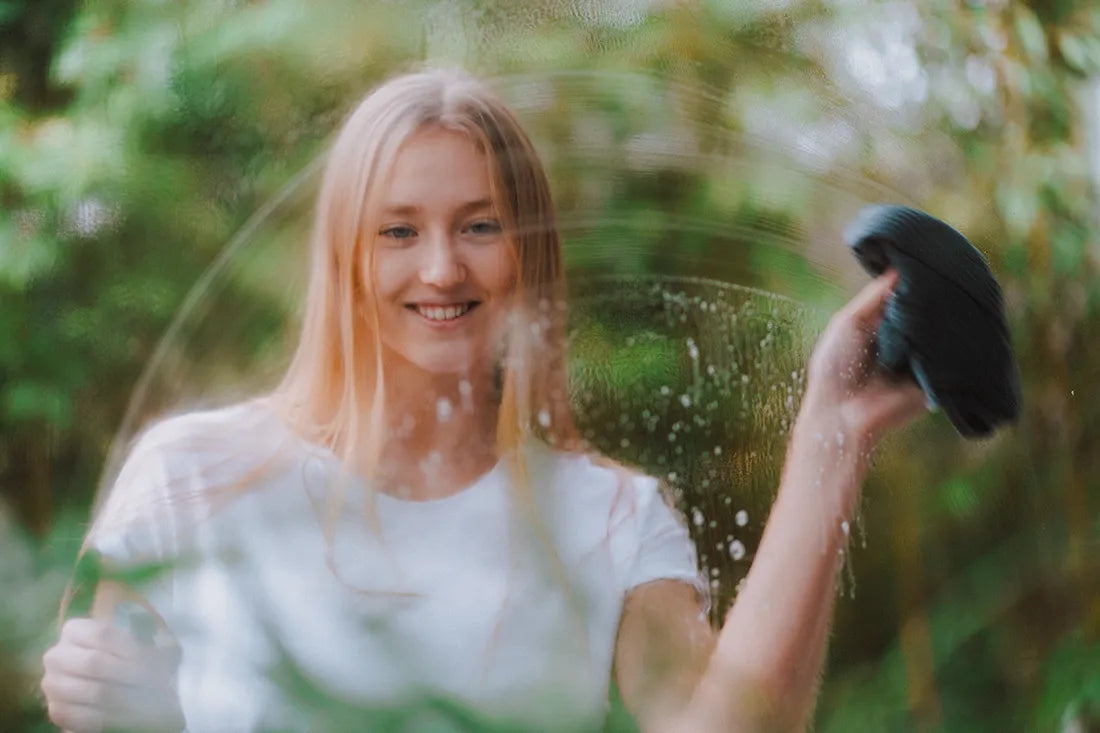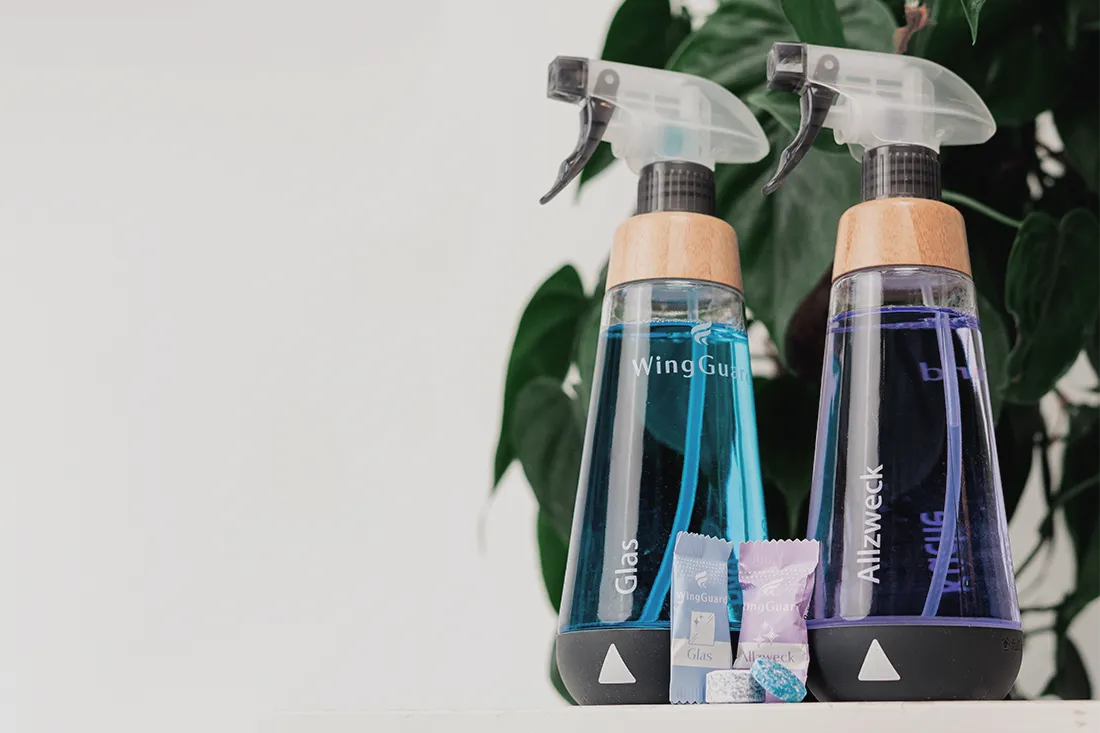Anyone who takes a closer look at beauty and care will eventually come across the topic of natural cosmetics and the corresponding seals. What exactly is behind it and why we are currently not using seals for our plain b products, we explain to you here.

What is the difference between conventional and natural cosmetics?
Natural cosmetics are good for the environment and skin; Your first mental answer to this question might sound something like this. You're not entirely wrong about that either. In fact, a cosmetic product is called natural cosmetics if it contains natural, environmentally friendly and health-friendly ingredients. If a natural cosmetic product still meets certain standards, it can be certified as such by independent institutions. This often makes sense, since the term natural cosmetics is not legally protected, at least in Germany. So if you are just starting to deal with the topic, such seals are a quick help in your purchase decision.

What is the disadvantage of natural cosmetics seals?
It becomes problematic when you take a closer look at the standards. The best-known representatives for the certification of natural cosmetics have some essential criteria in common, such as not using petroleum-based ingredients or the requirement for the most environmentally friendly and resource-saving production possible. However, there are also differences in certification levels between them. For example, the requirement for the minimum proportion of natural ingredients can differ significantly between the various seals. In addition, a natural cosmetics seal is no guarantee of compatibility. Another point is the cost of obtaining such a seal, which is often not affordable, especially for smaller companies and start-ups.

Why do we not certify our plain b own brand?
There are several reasons for our decision not to have our plain b products certified.
- A question of money: As already mentioned, obtaining a natural cosmetics seal for a specific product or product line is quite expensive. Certification would therefore also increase product prices. However, our goal is to give you easy access to a sustainable lifestyle without major changes or additional expenses.
- Out of conviction: We are convinced that certification does not make our products even better. Instead, when developing our plain b products, we rely on a composition that conforms to natural cosmetics right from the start. In some cases, our claim even exceeds the seal requirements.
- The lesser evil: For some of our products, we have deliberately chosen ingredients that do not currently fall into the category of natural cosmetics. This can have different causes. For example, there is currently no complete regulation for UV filters. Here, however, we prefer to protect the skin with environmentally friendly UV filters rather than a natural cosmetics seal. We take a similar approach with the tenside used in our solid shampoos: compatibility through seal conformity.
- Tree change: Last but not least, there are not only constant changes to the seal requirements, but also to some regulations that are currently in transition. For us, that would mean: repeated product changes and new certifications due to constantly new requirements. That's why we decided to wait until things calmed down and there was a uniform regulation in the requirements for natural cosmetics.

Why does our shampoo bar not have a natural cosmetics seal?
Although many surfactants used in conventional products are cheap for the industry, they are also quite aggressive. Surfactants ensure that your head foams properly and that everything gets really clean from head to toe. However, they are often the reason for an irritated scalp or dandruff.
We therefore use the anionic surfactant Sodium Cocoyl Isethionate, or SCI for short, in our solid shampoos. SCI is one of the mildest surfactants on the market and is therefore not only suitable for sensitive scalps, but also ideal for children's skin. So it offers you a gentle cleansing without having to give up your foam party in the bathroom.
The problem: Although SCI is a plant-based surfactant, it is obtained in an industrial process (also known as esterification) and is therefore not compliant with natural cosmetics. Of course, there are also milder surfactants that comply with natural cosmetics. This includes, for example, Sodium Coco Sulfate, SCS for short. SCS is a naturally derived anionic surfactant derived from vegetable oils. However, it is still significantly more aggressive than the SCI we use, which is why we deliberately decided against SCS and in favor of SCI, even if we cannot have our shampoos certified as a result.

